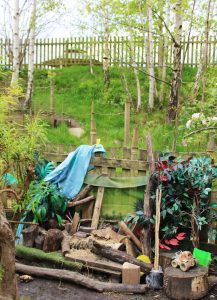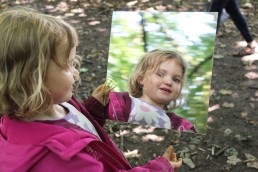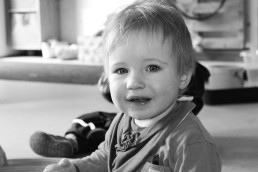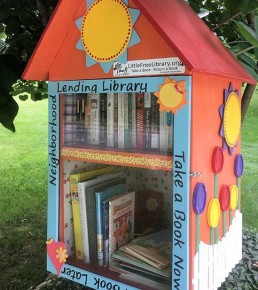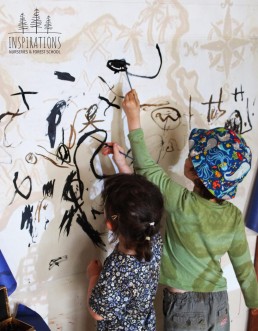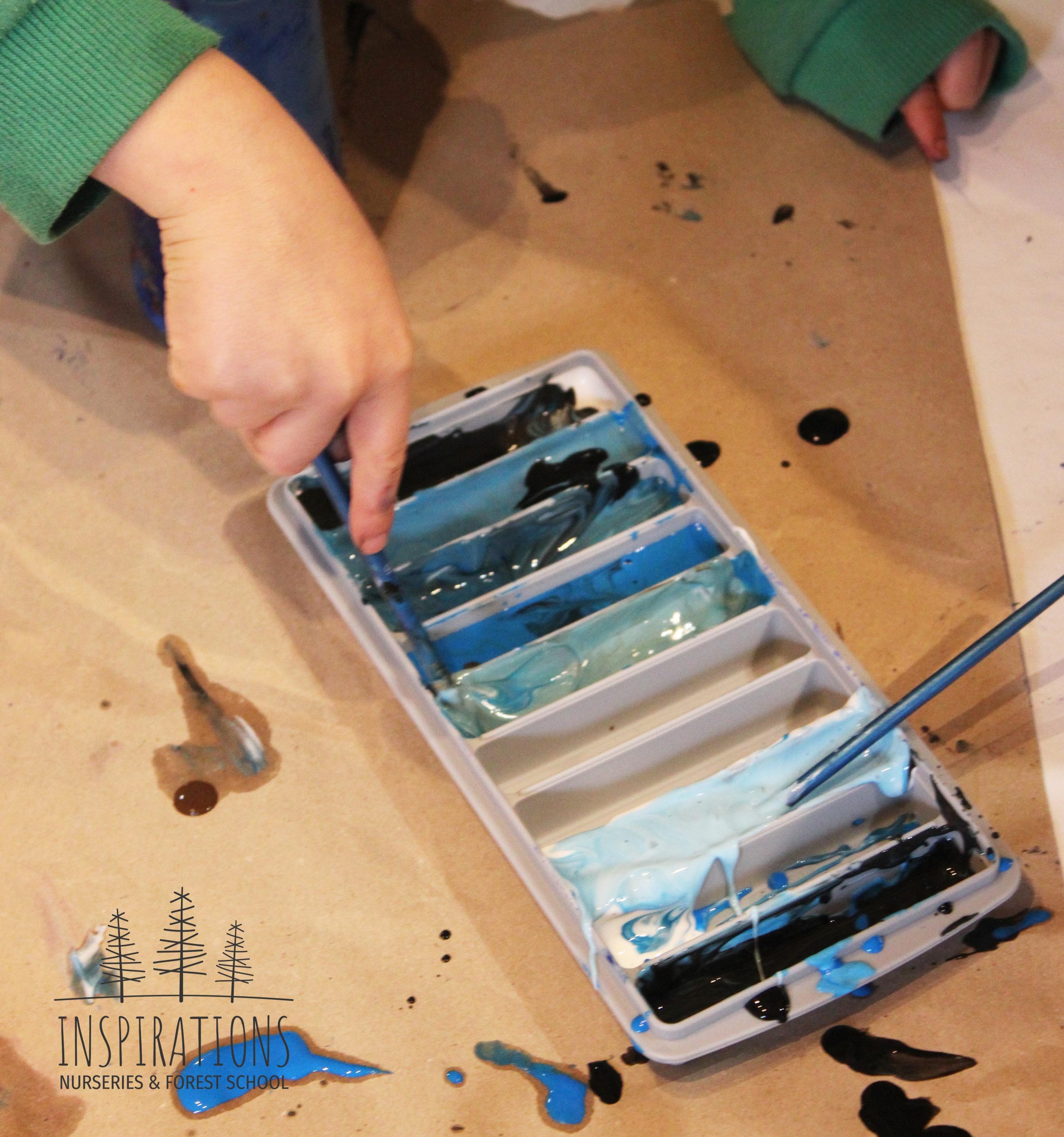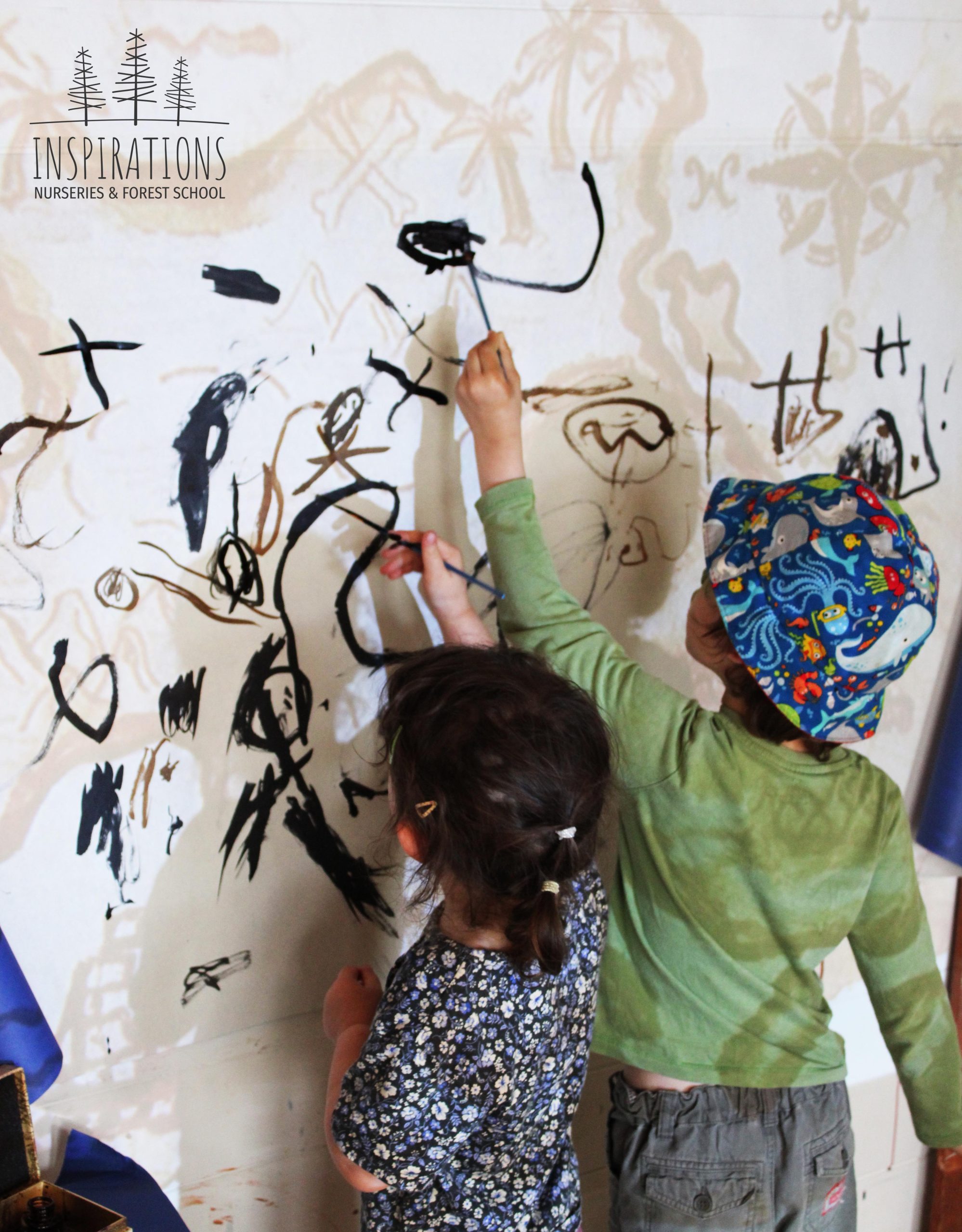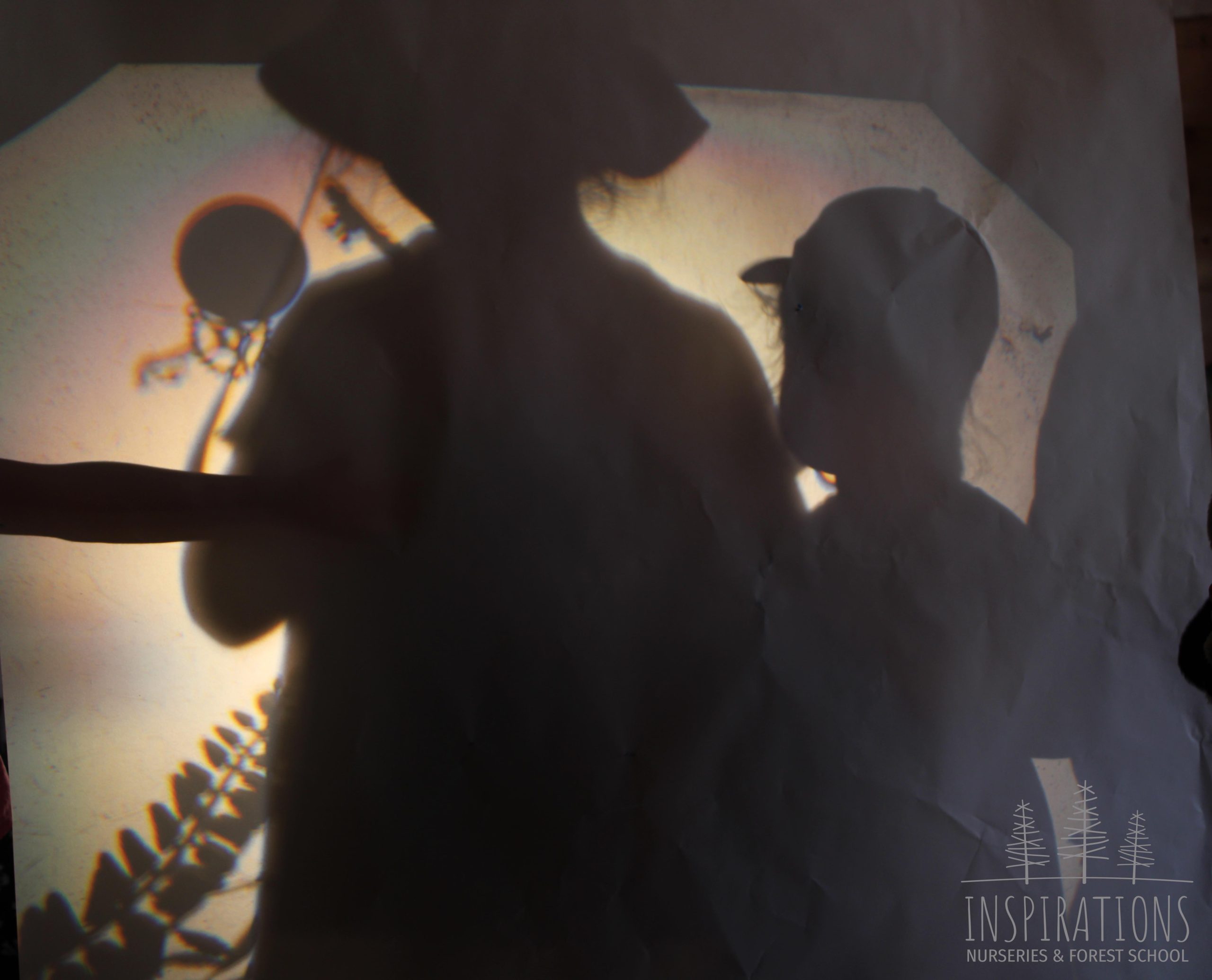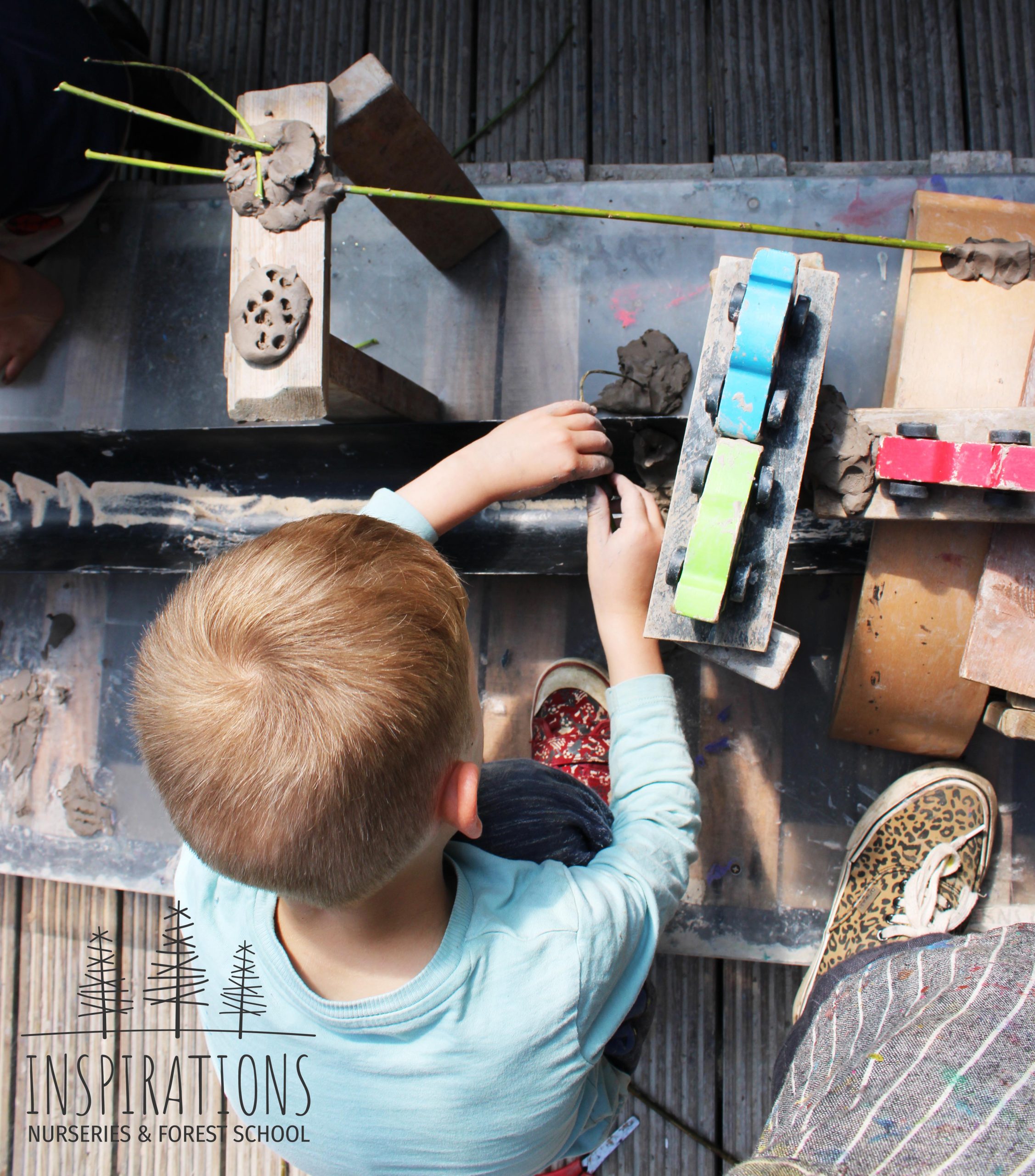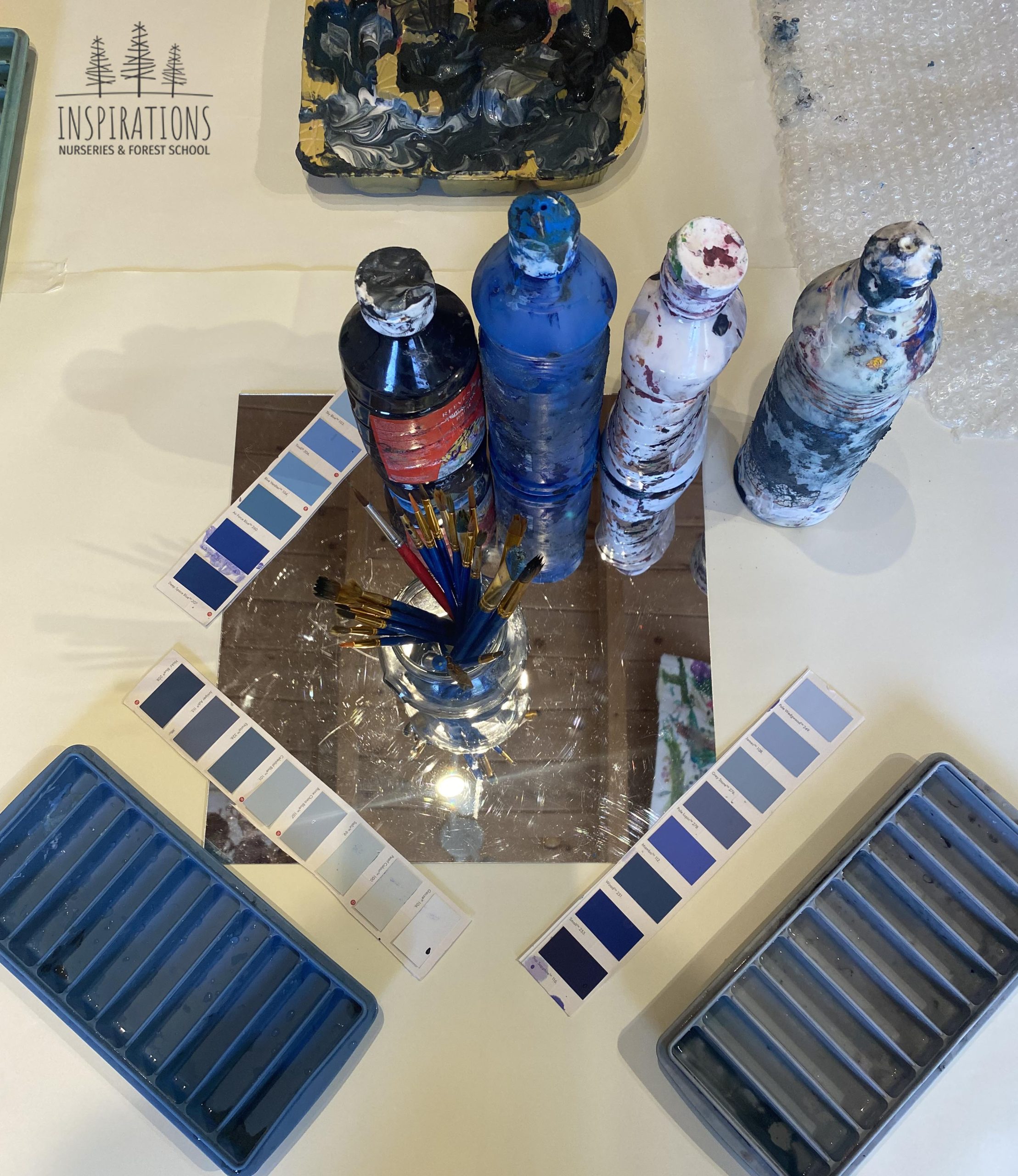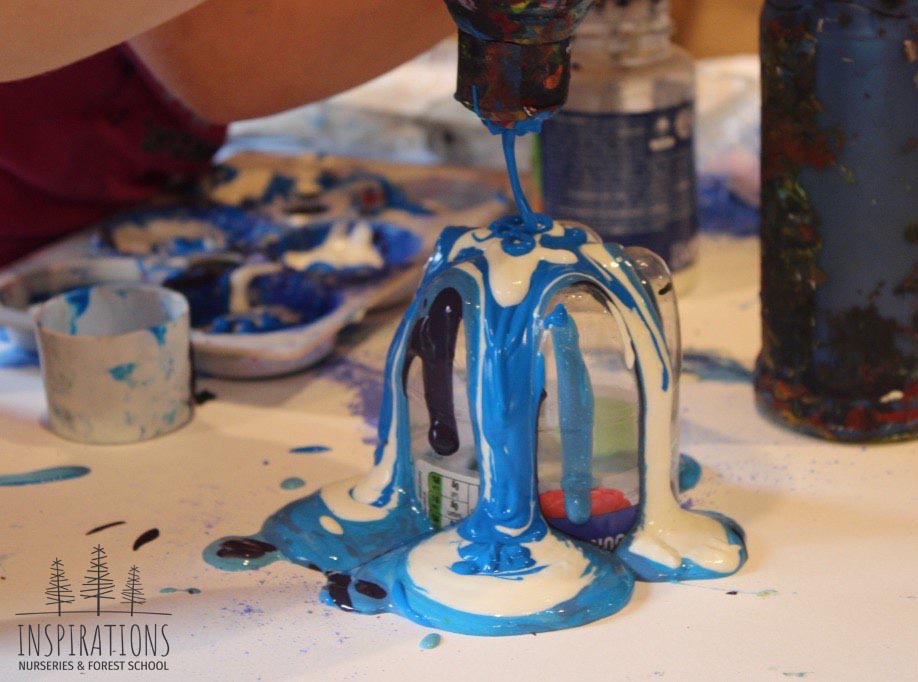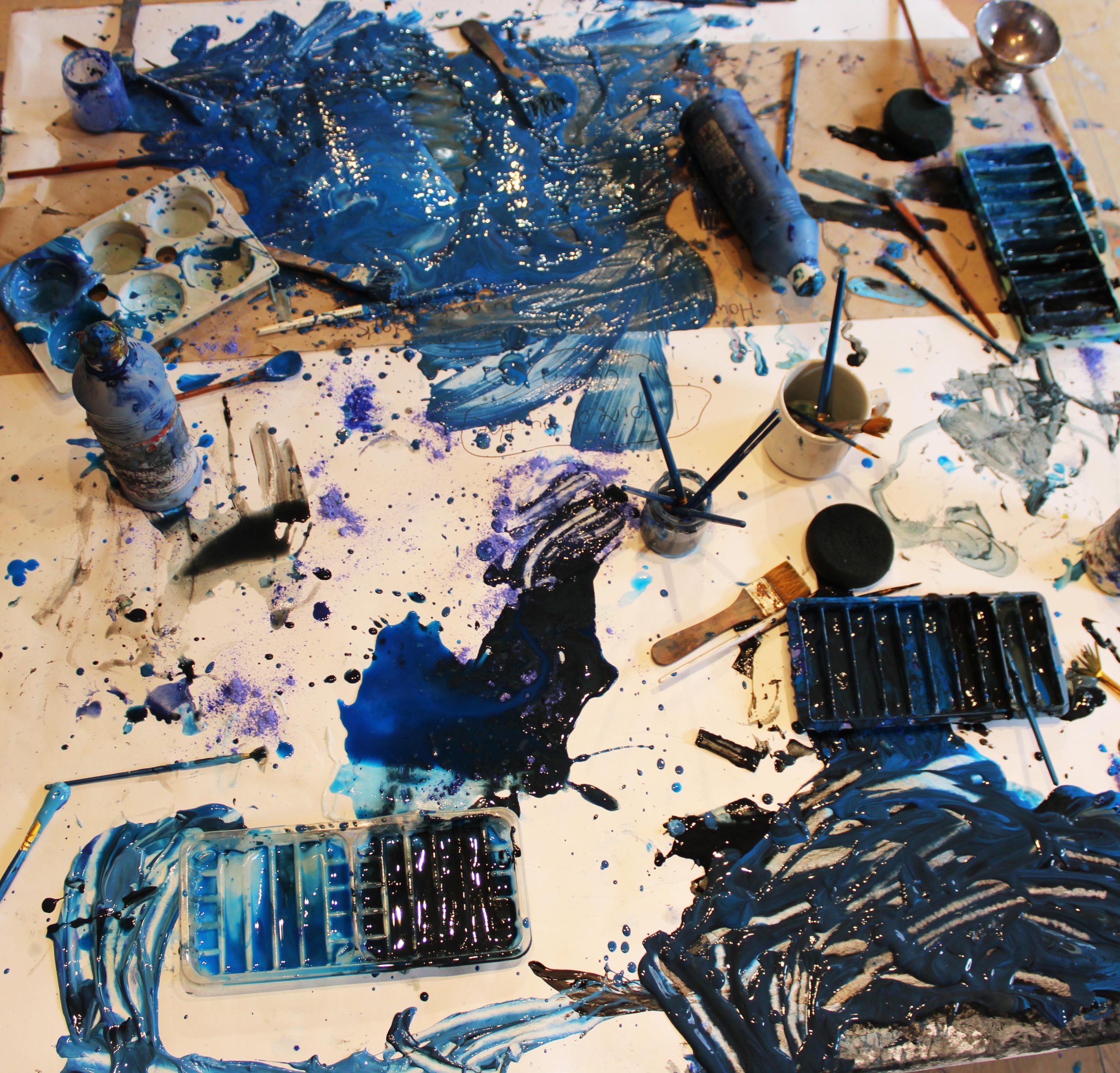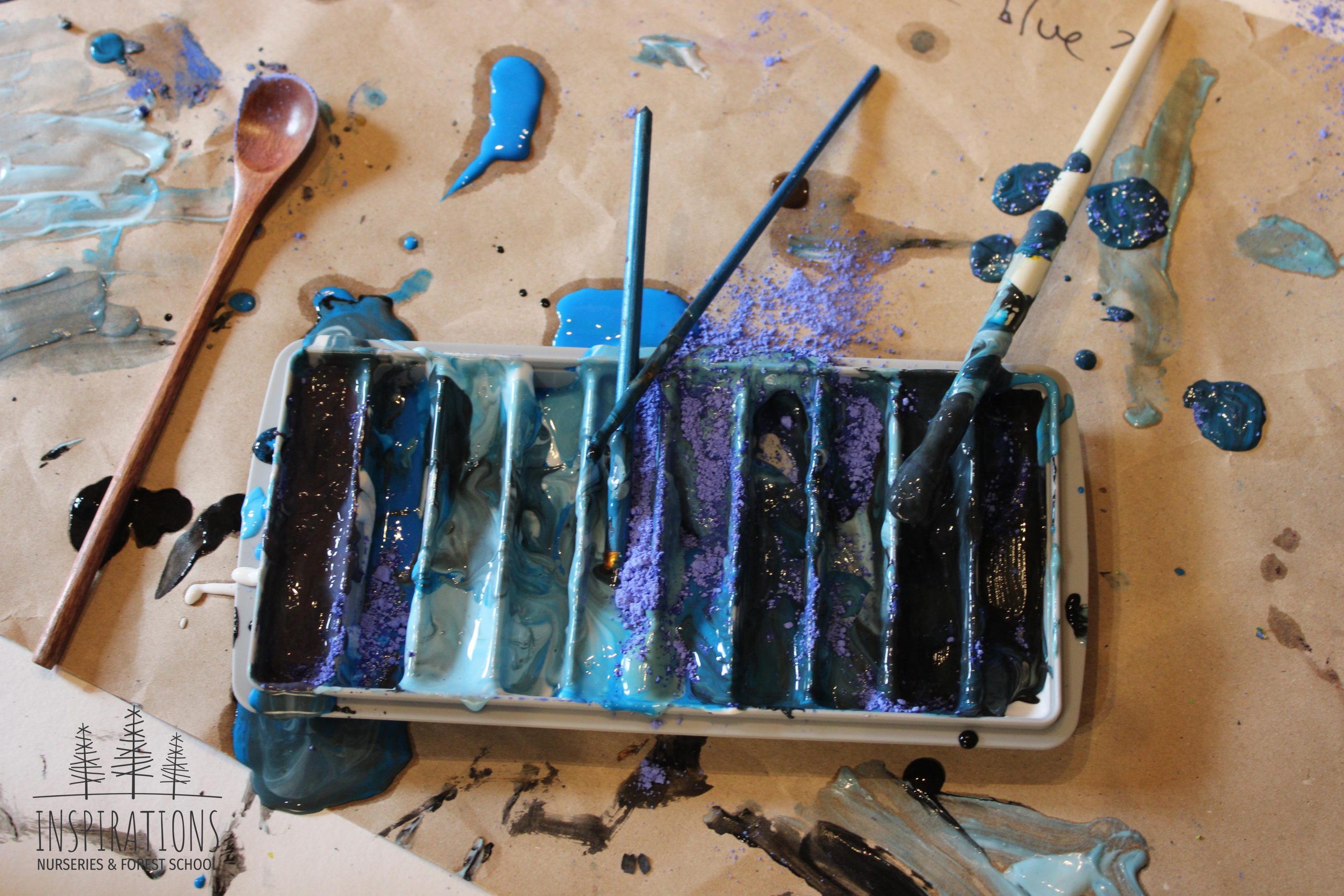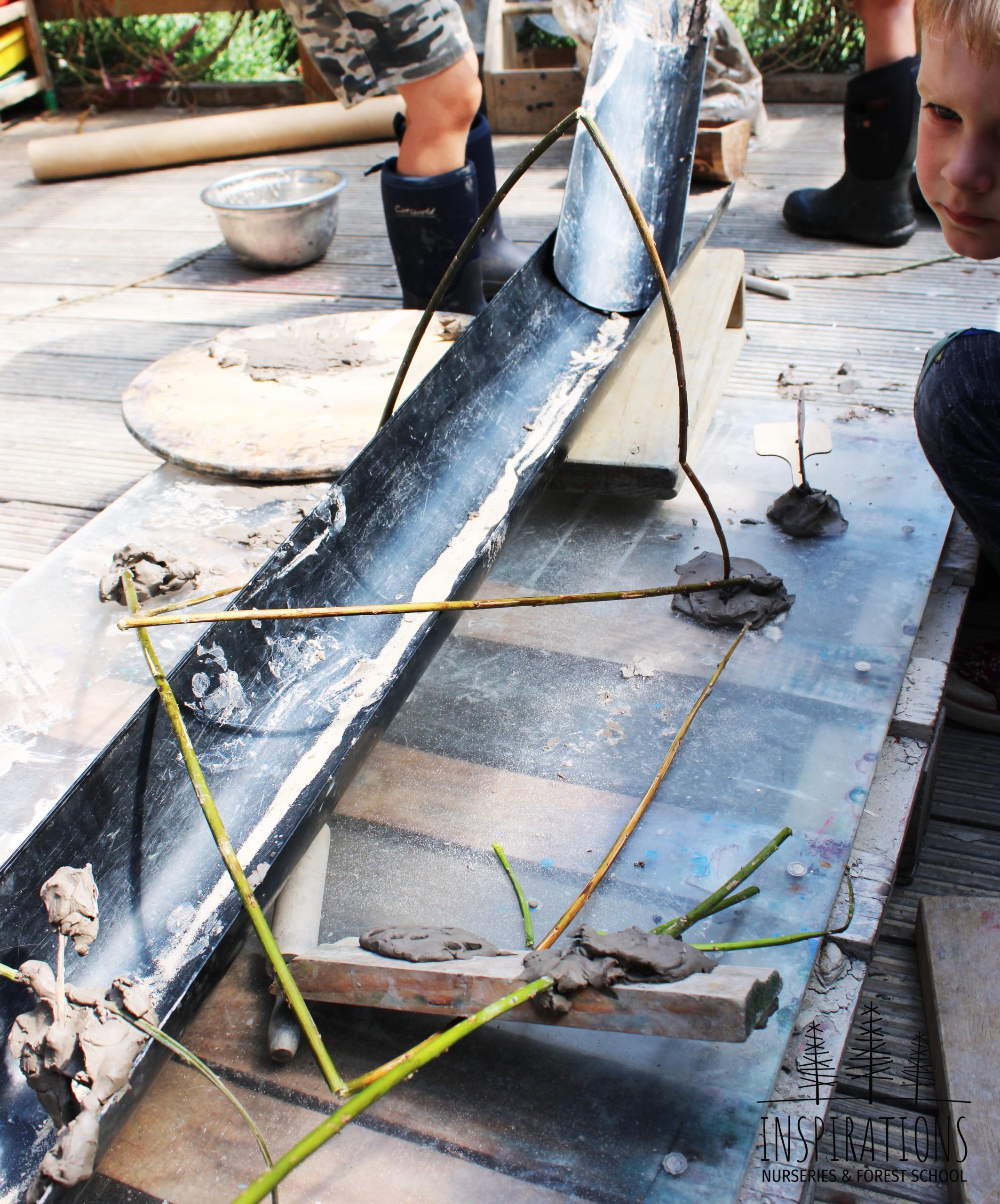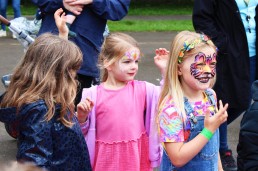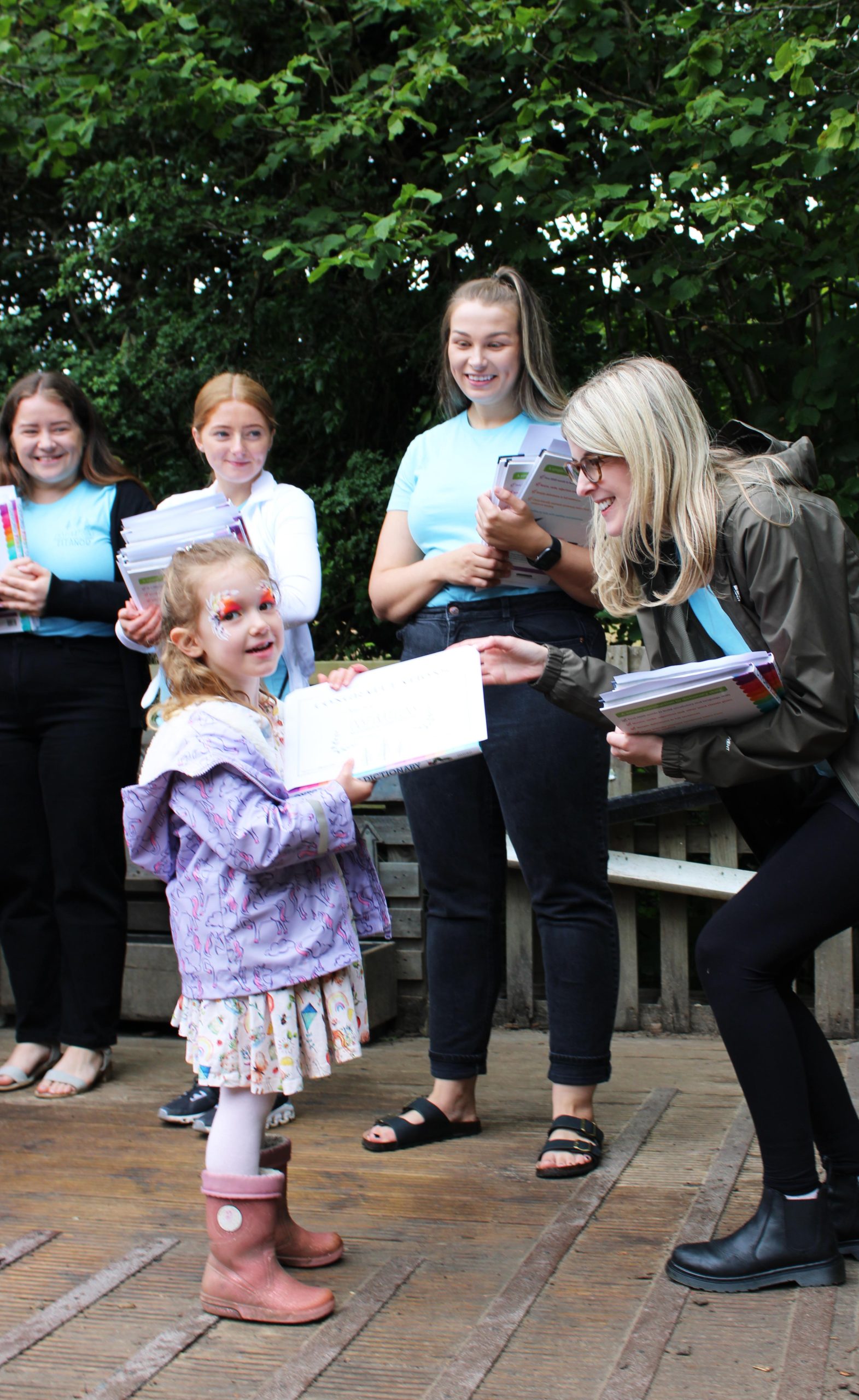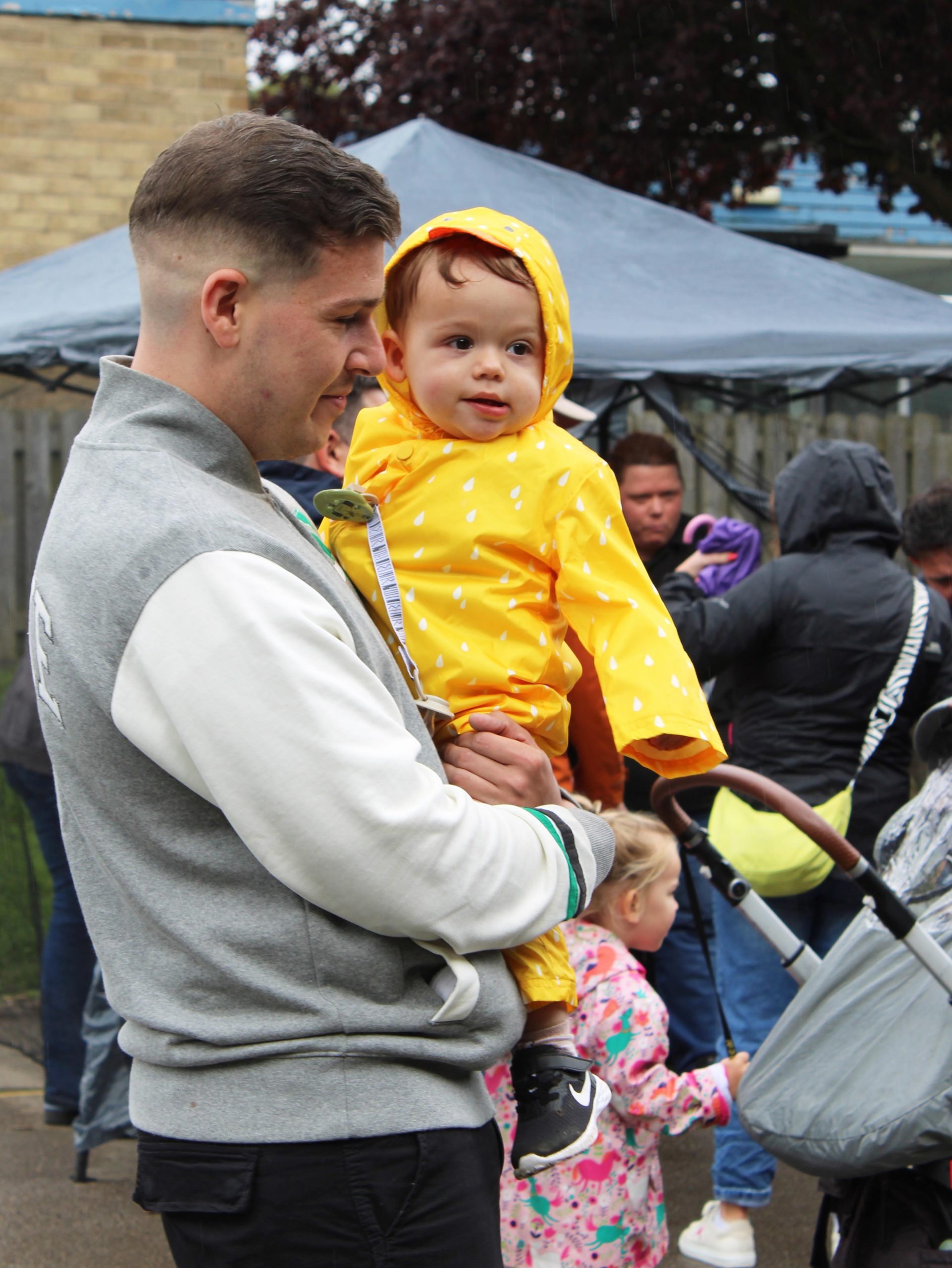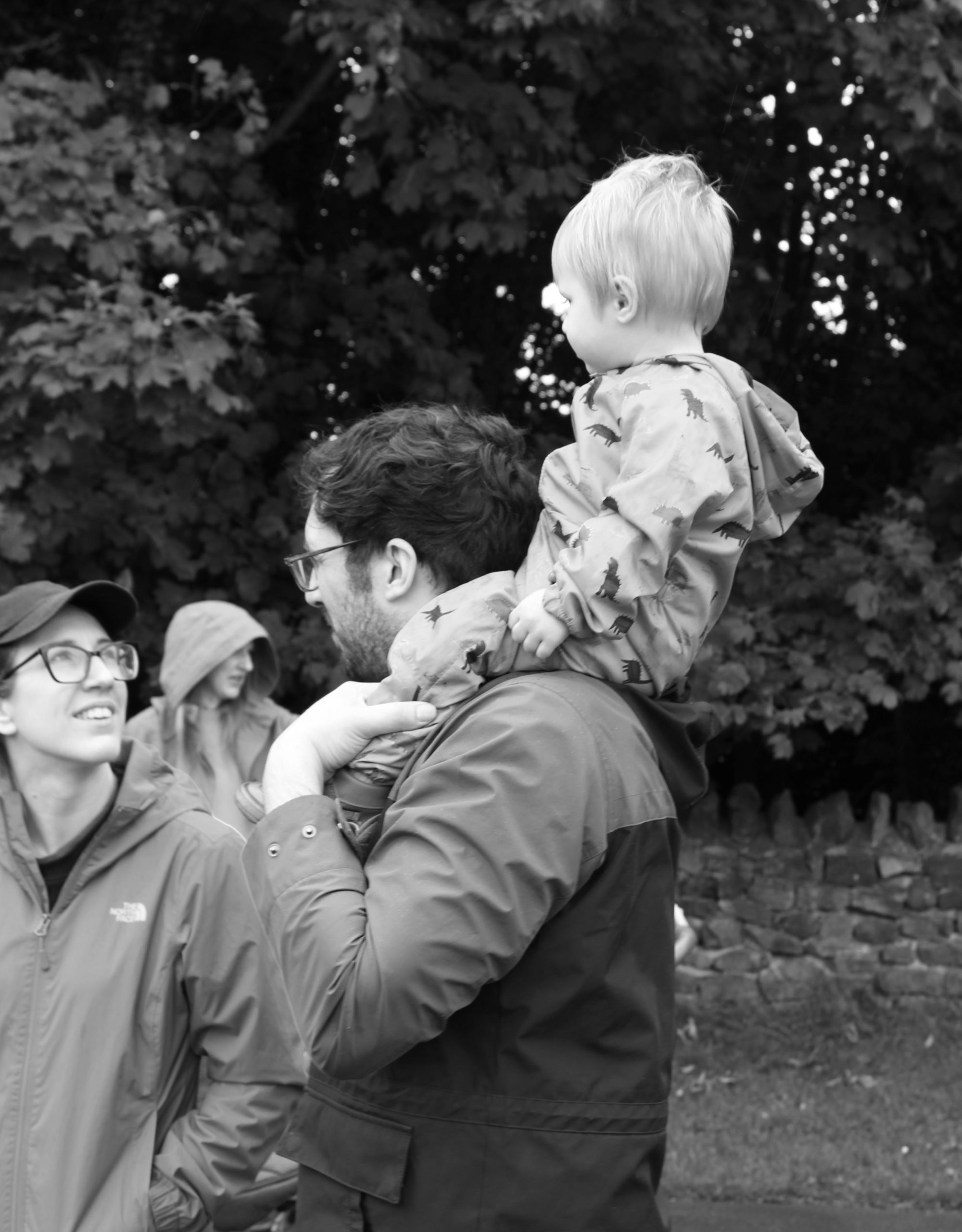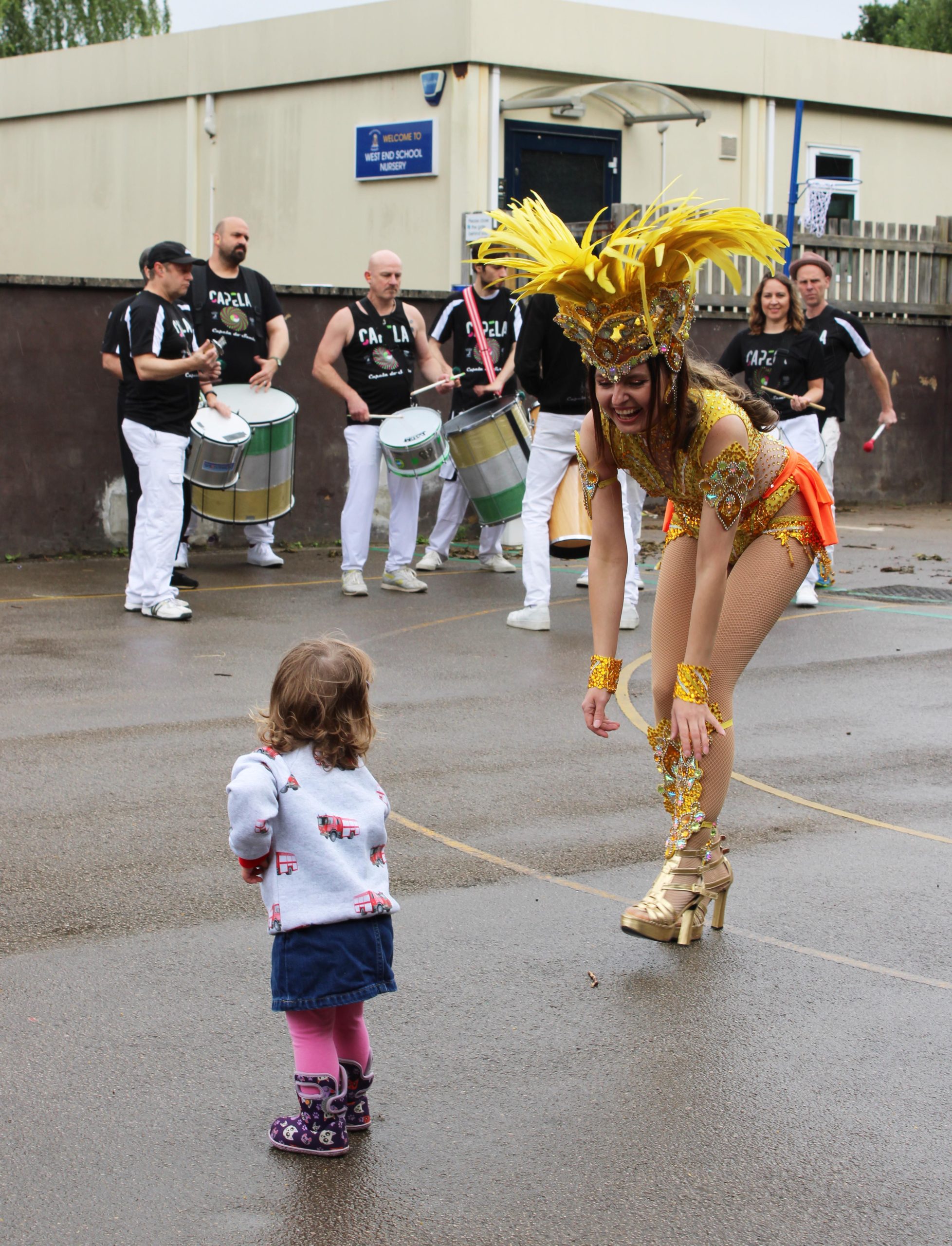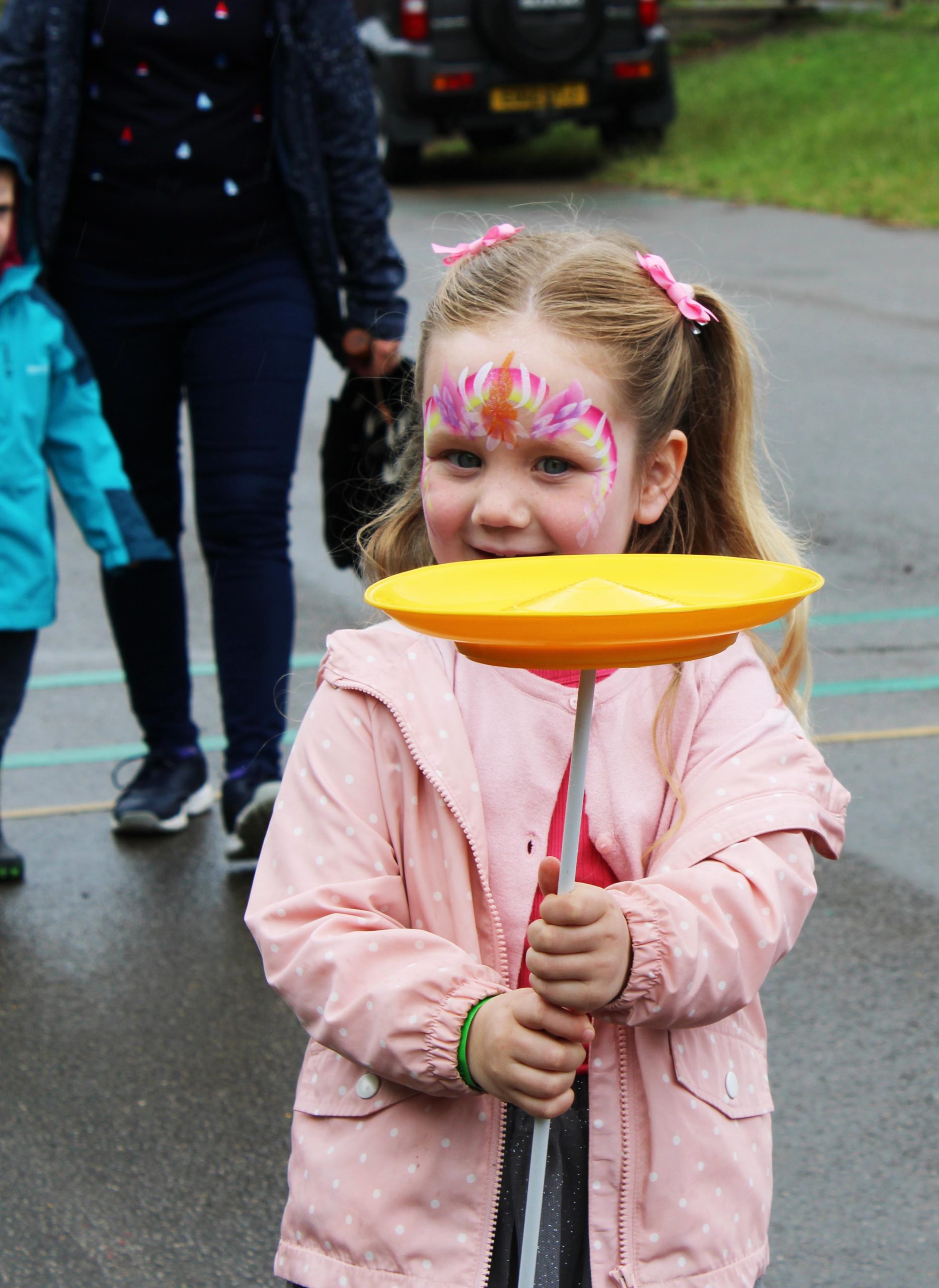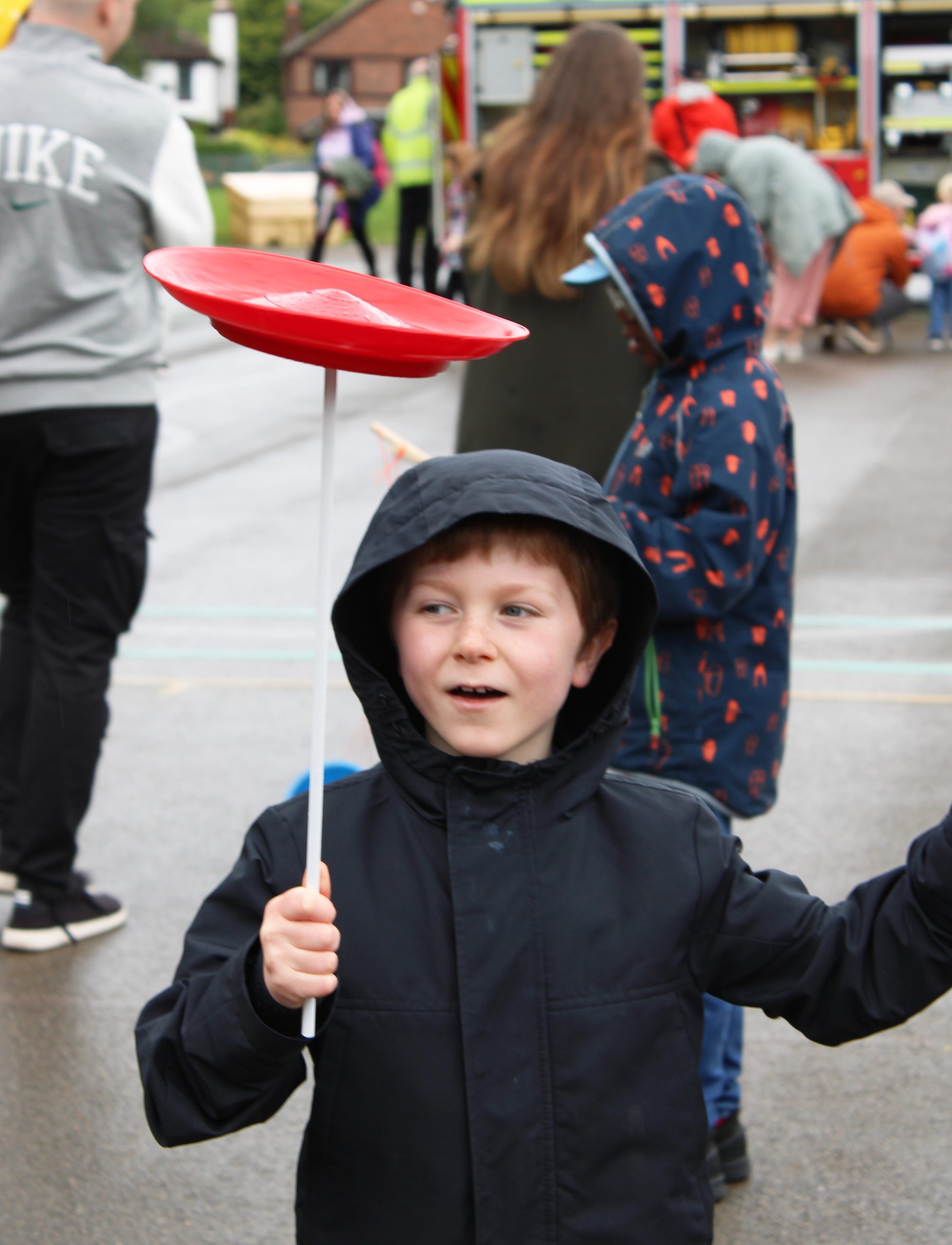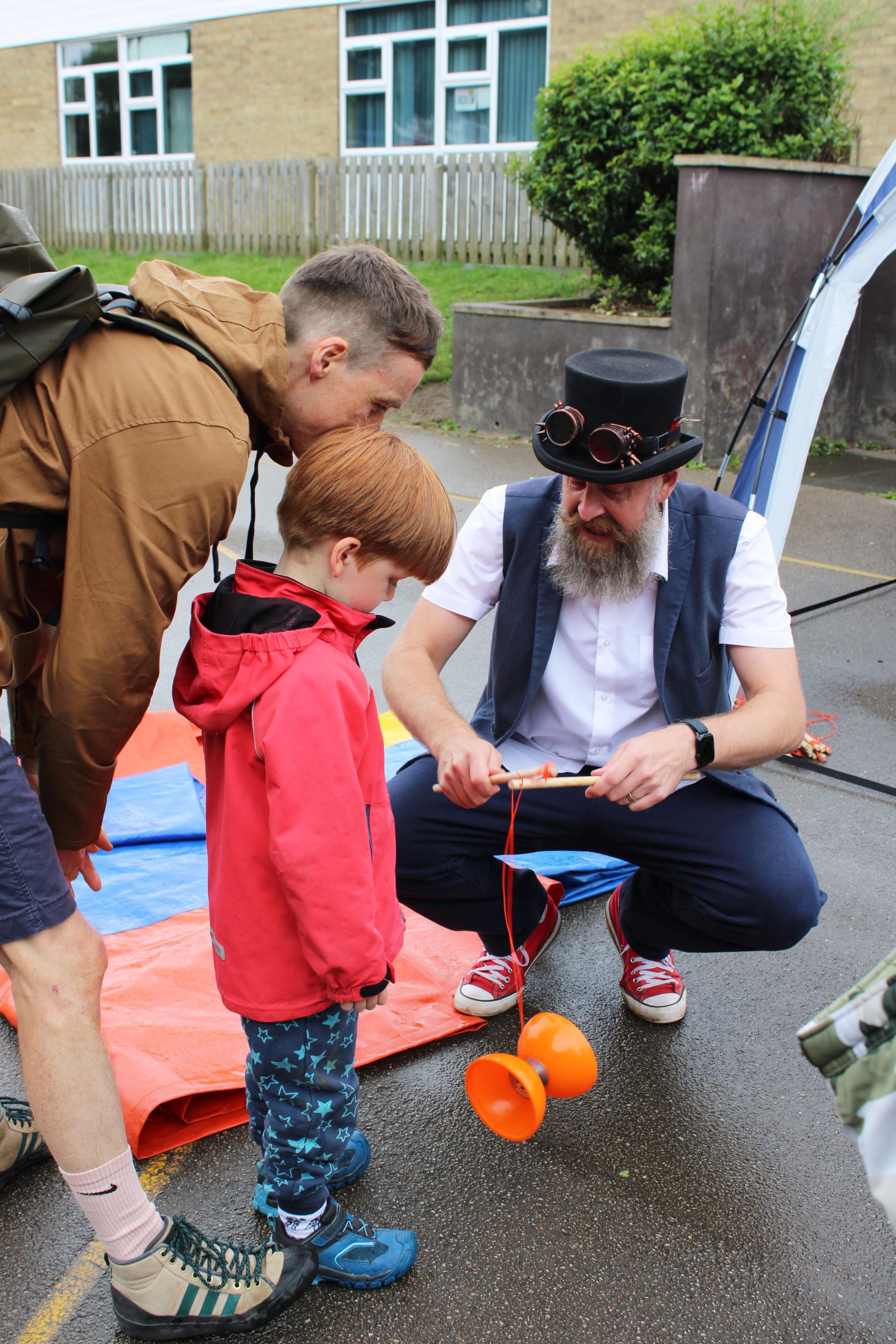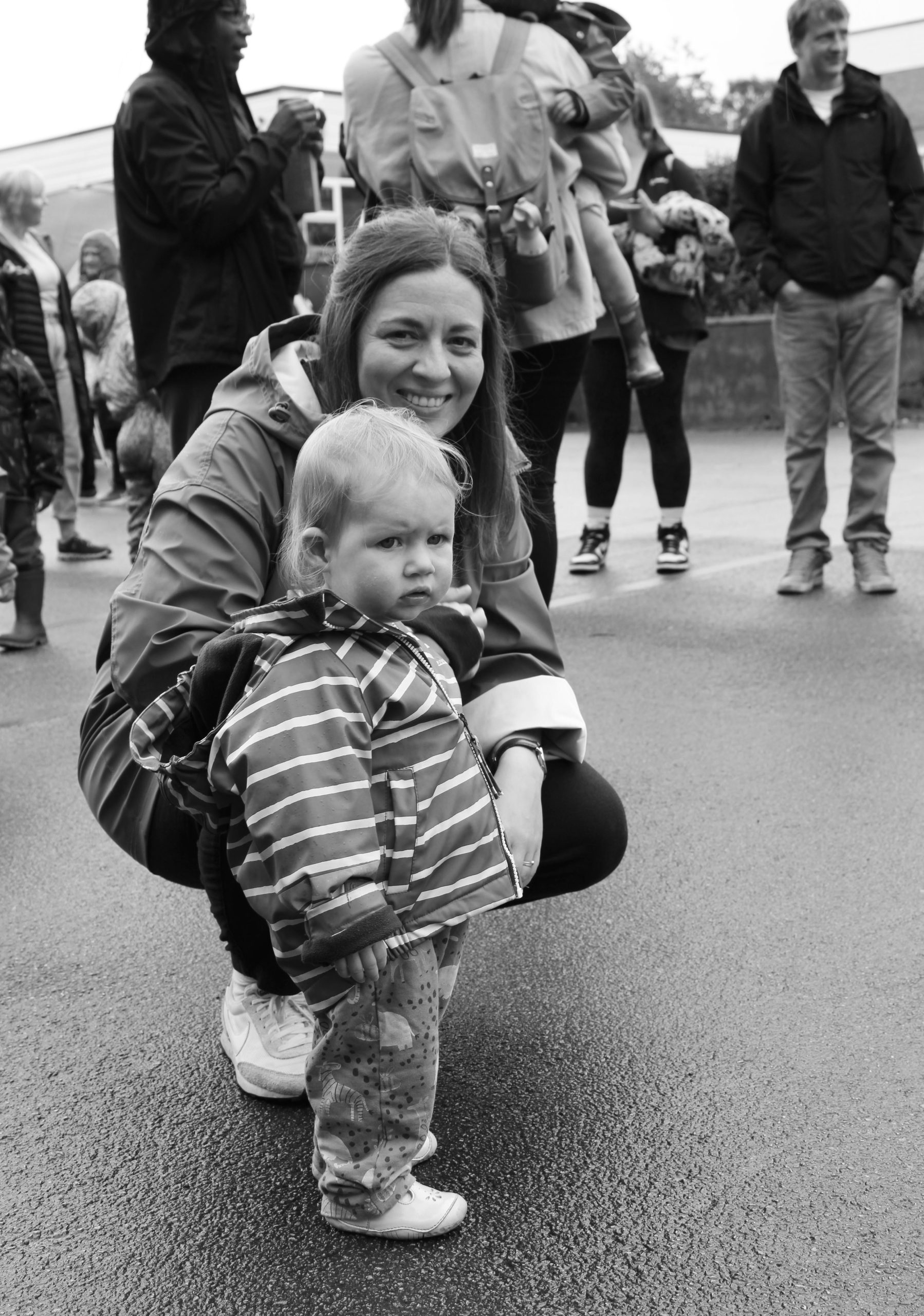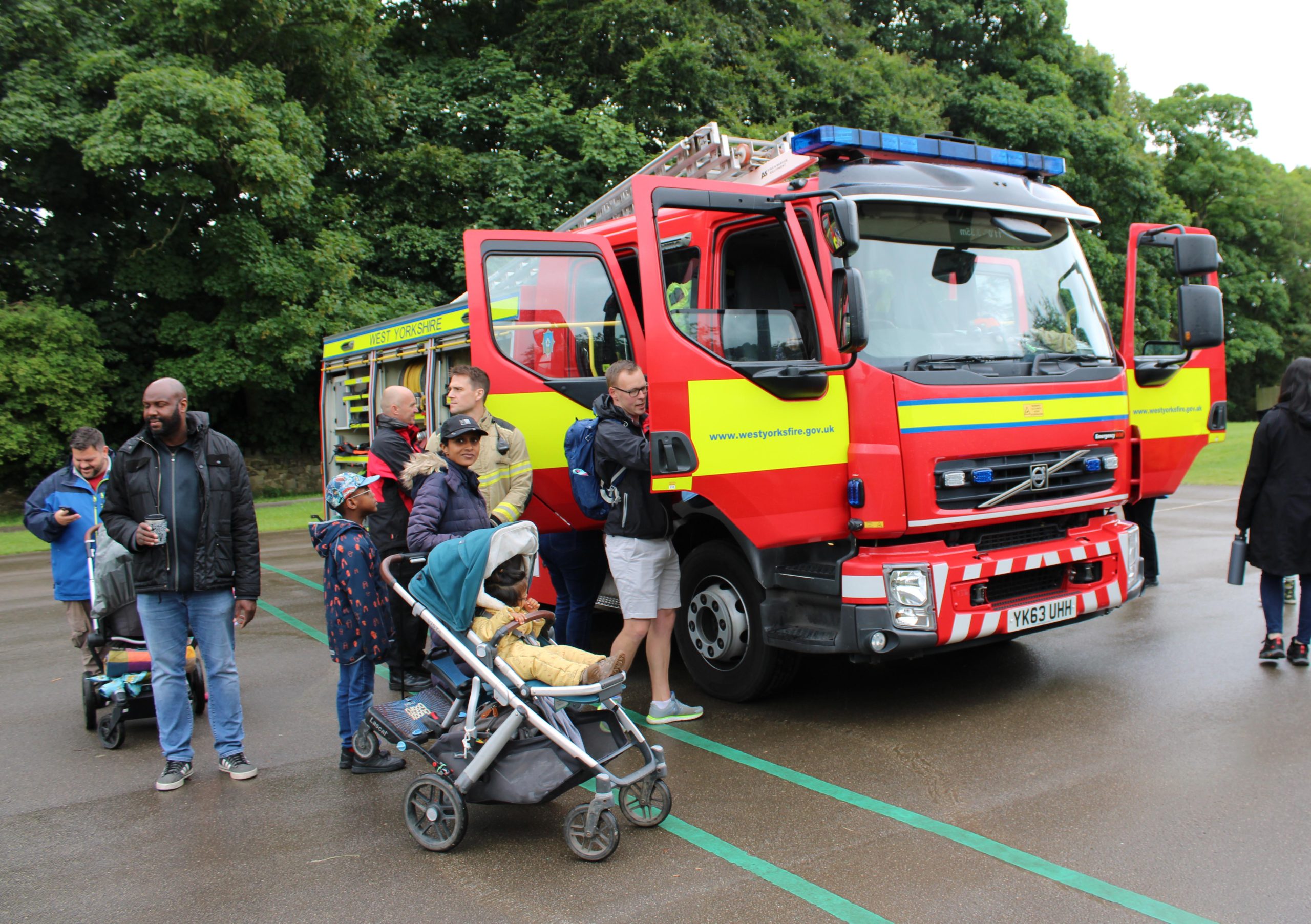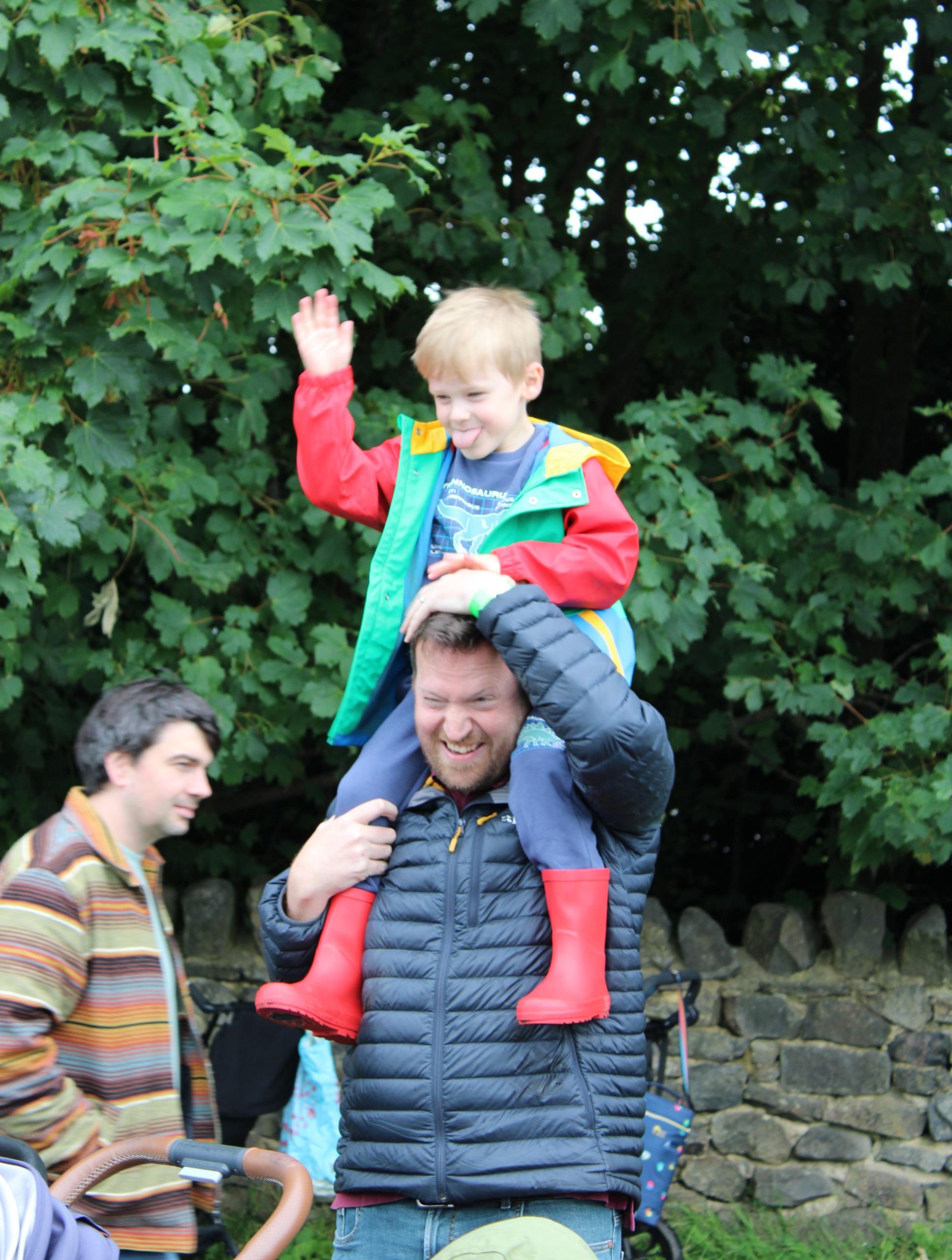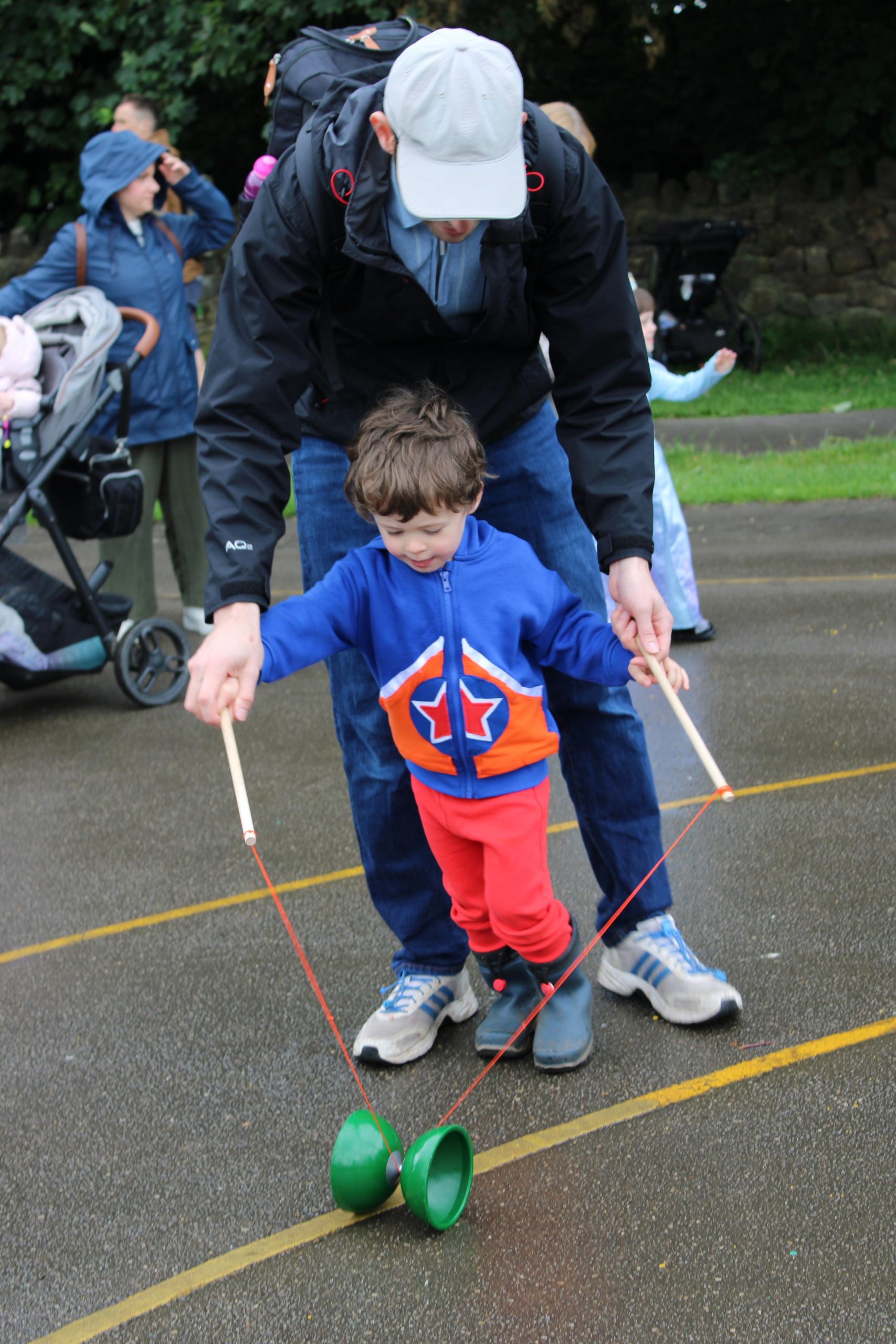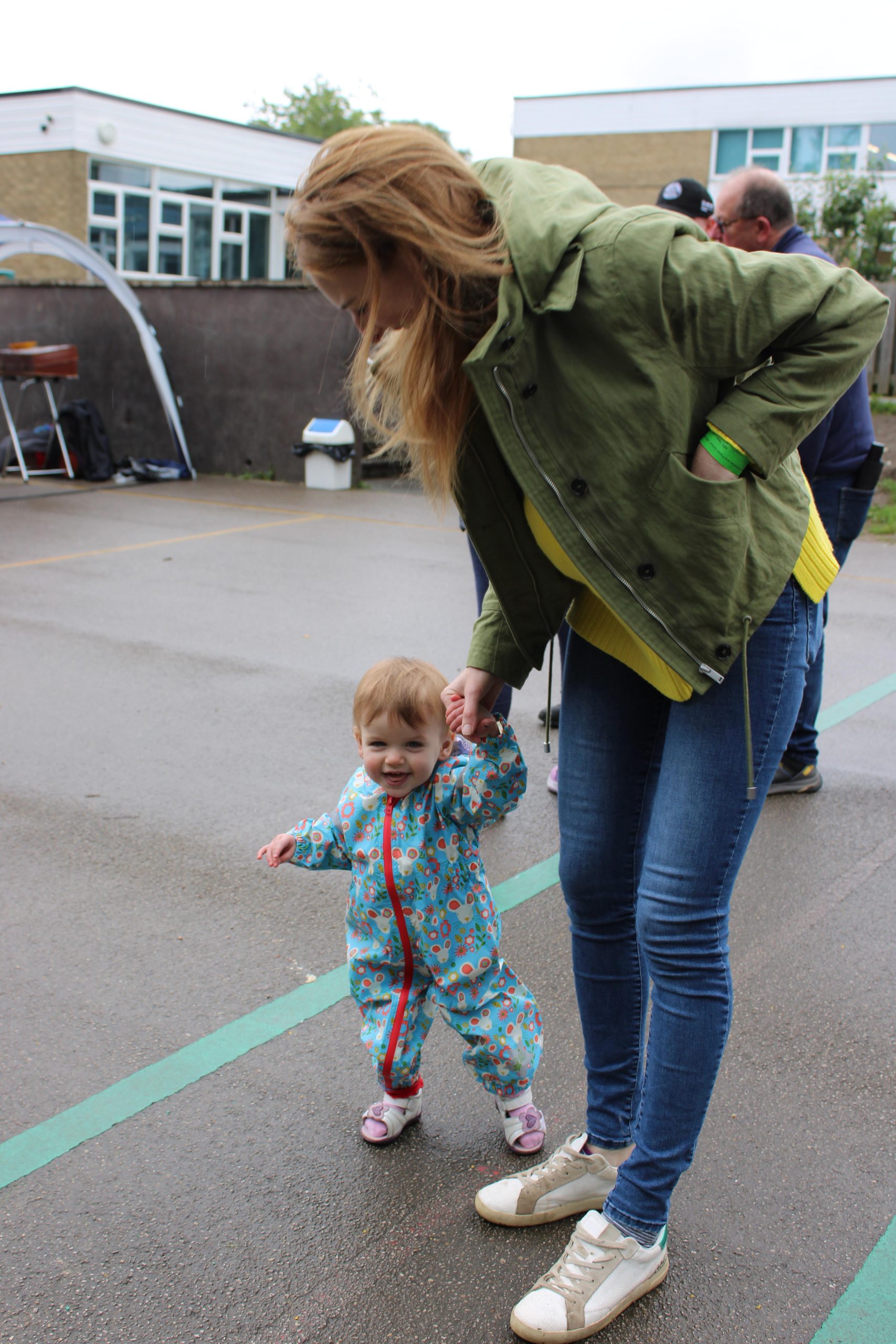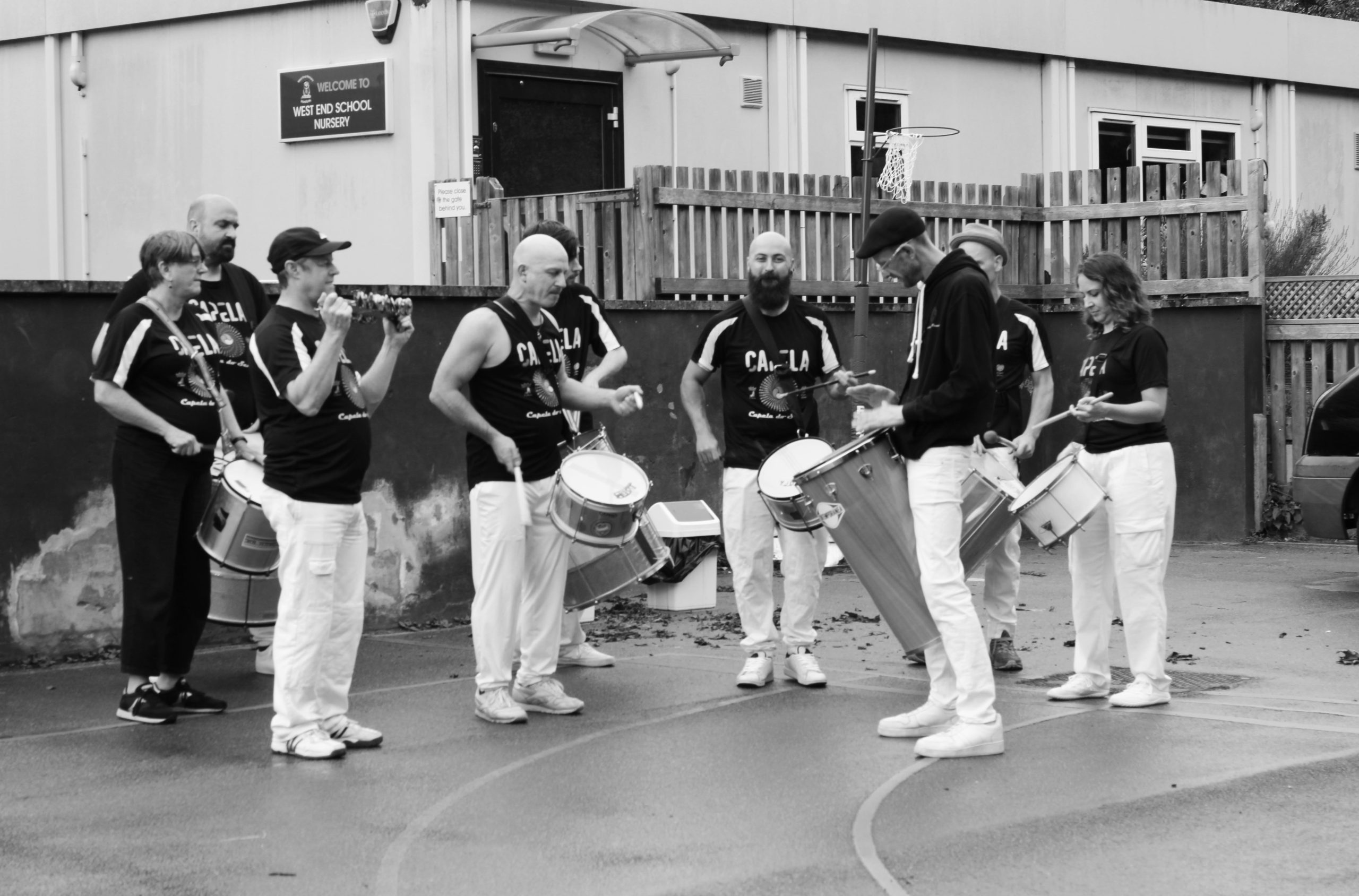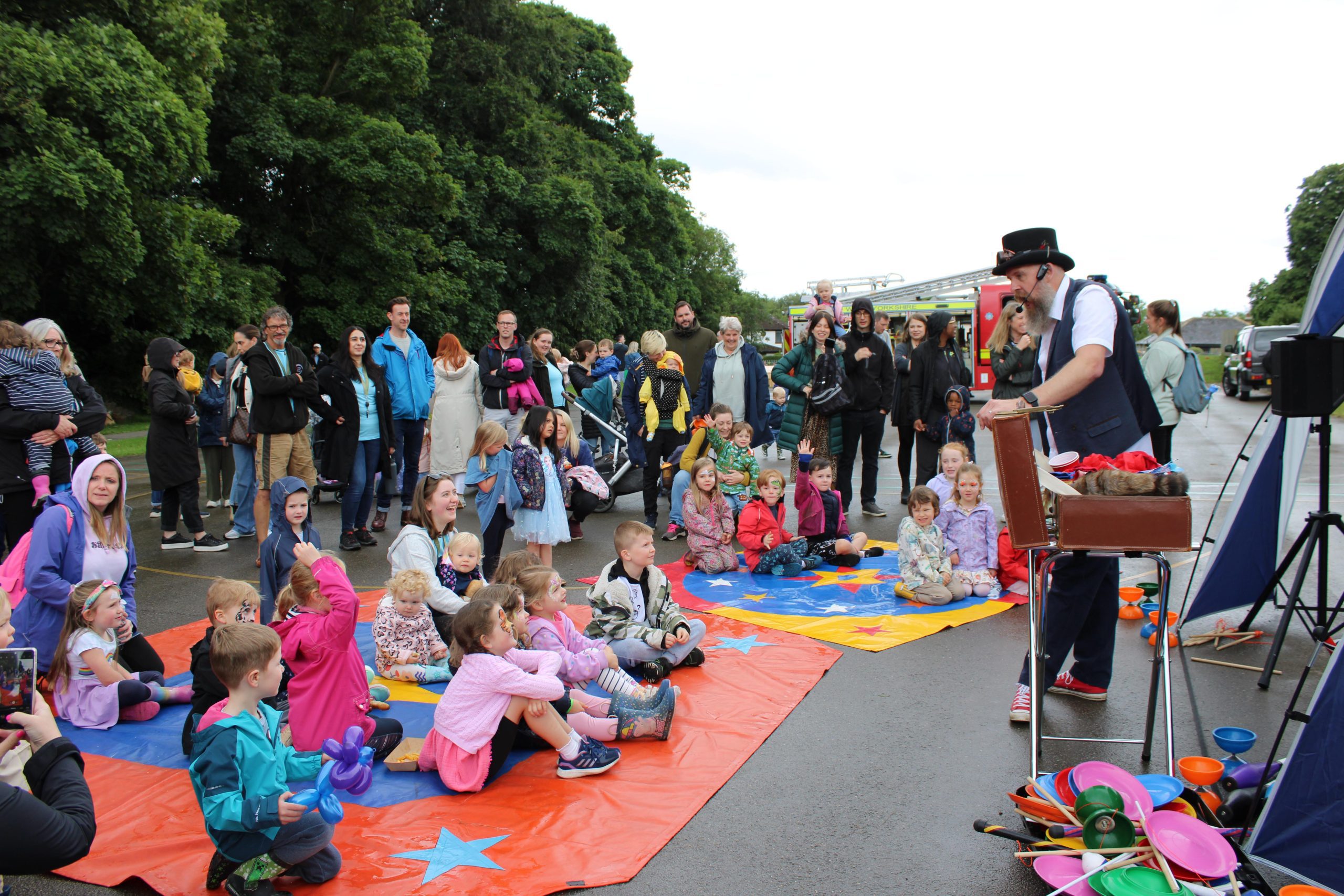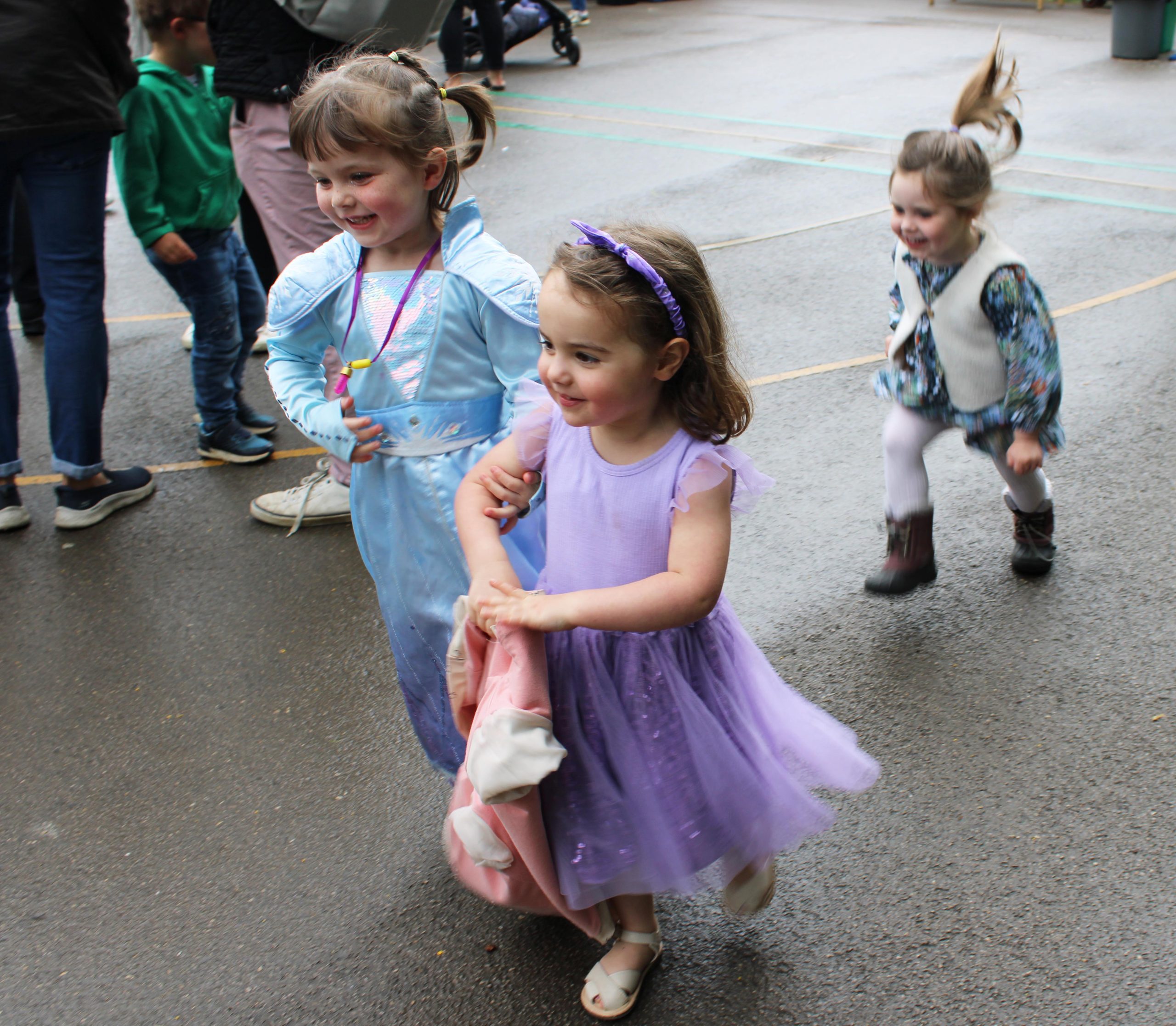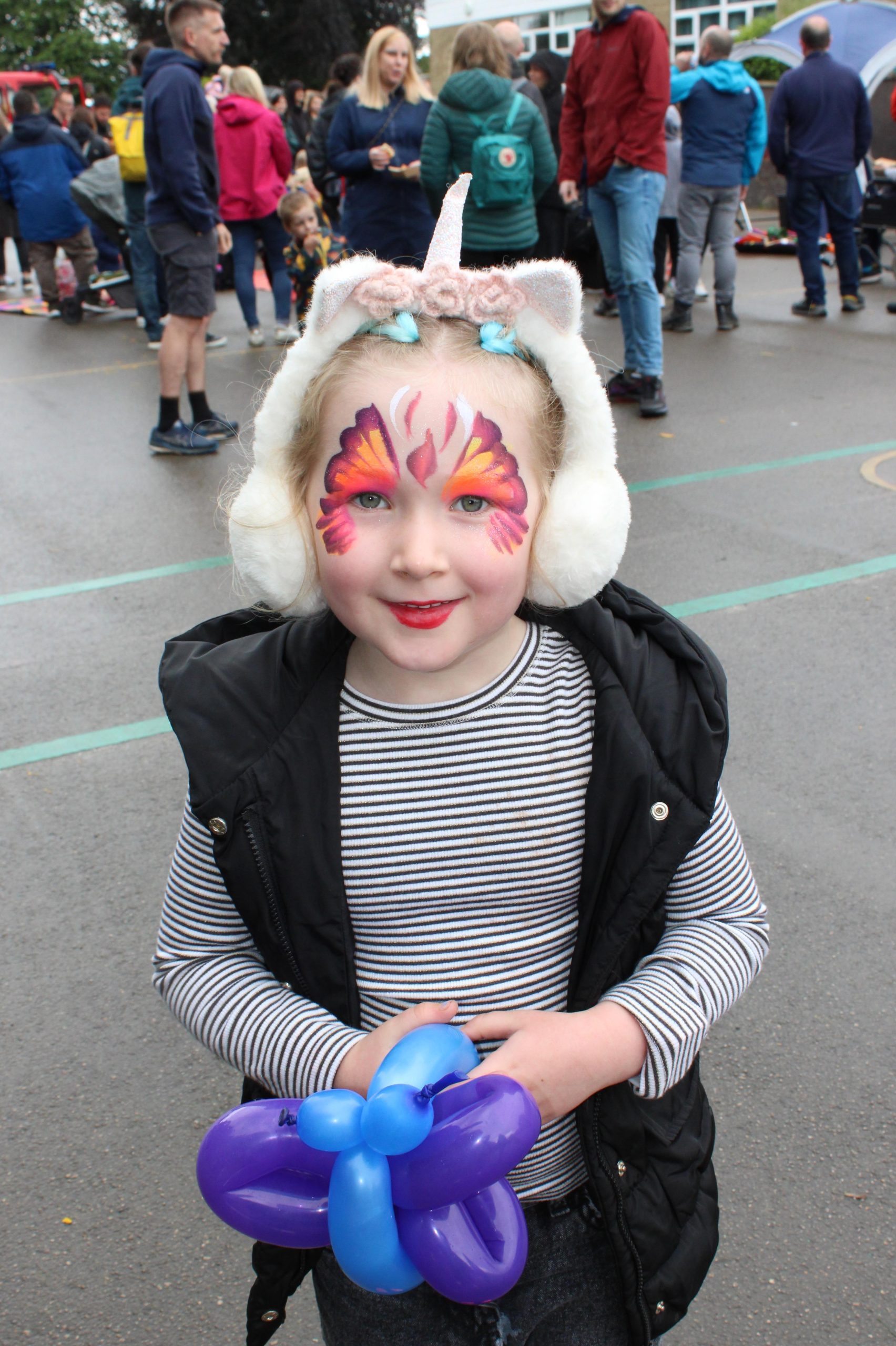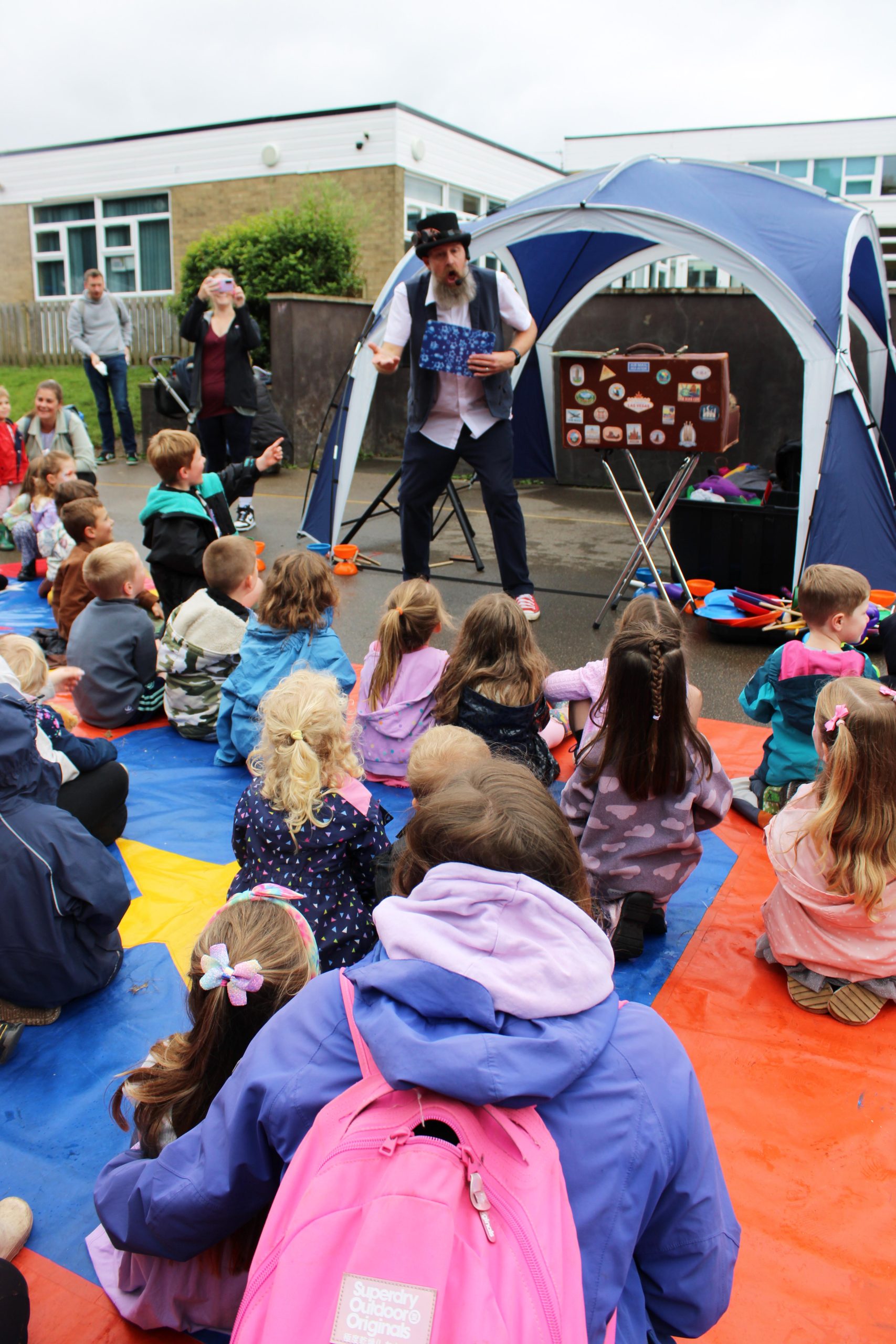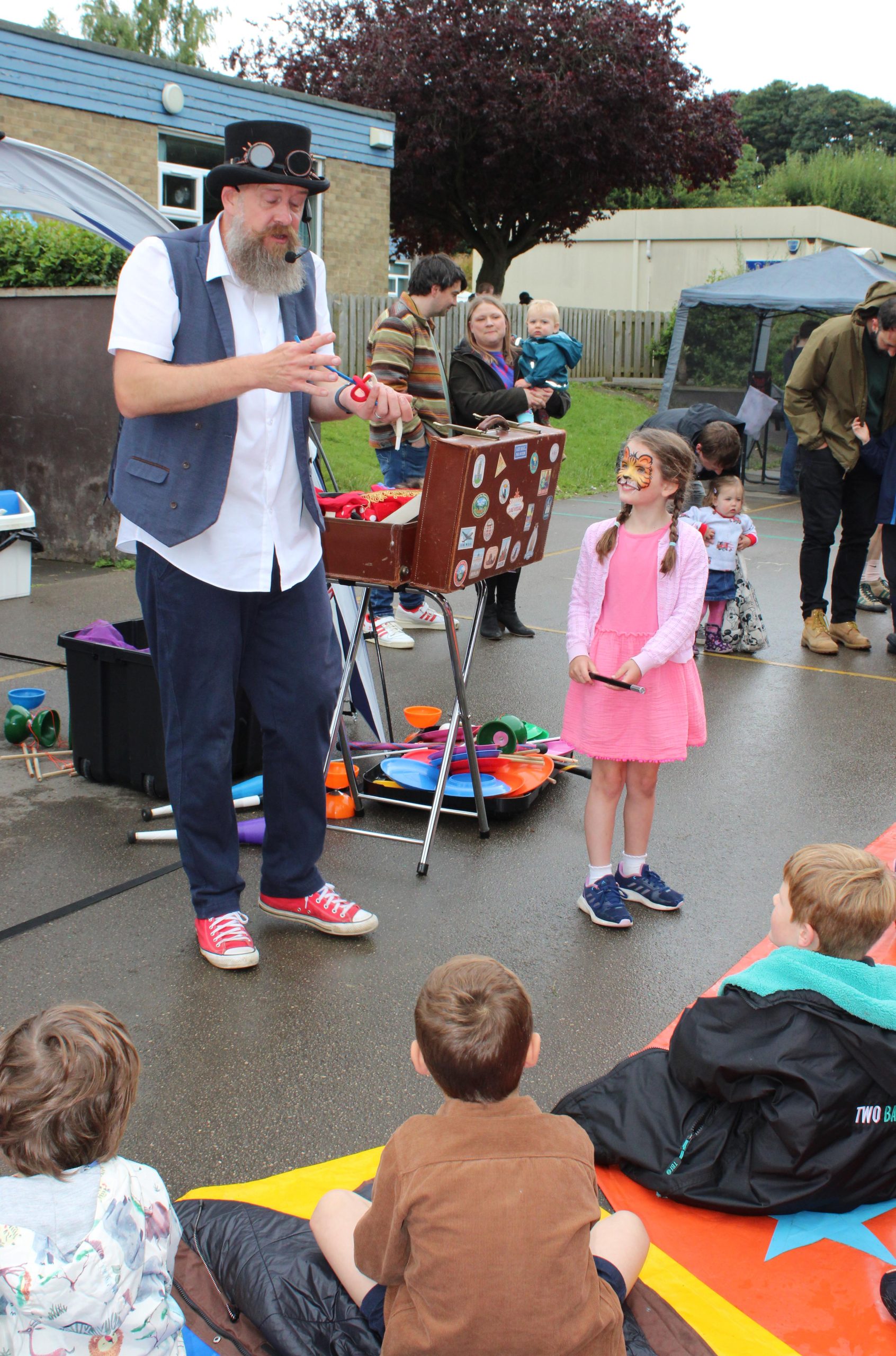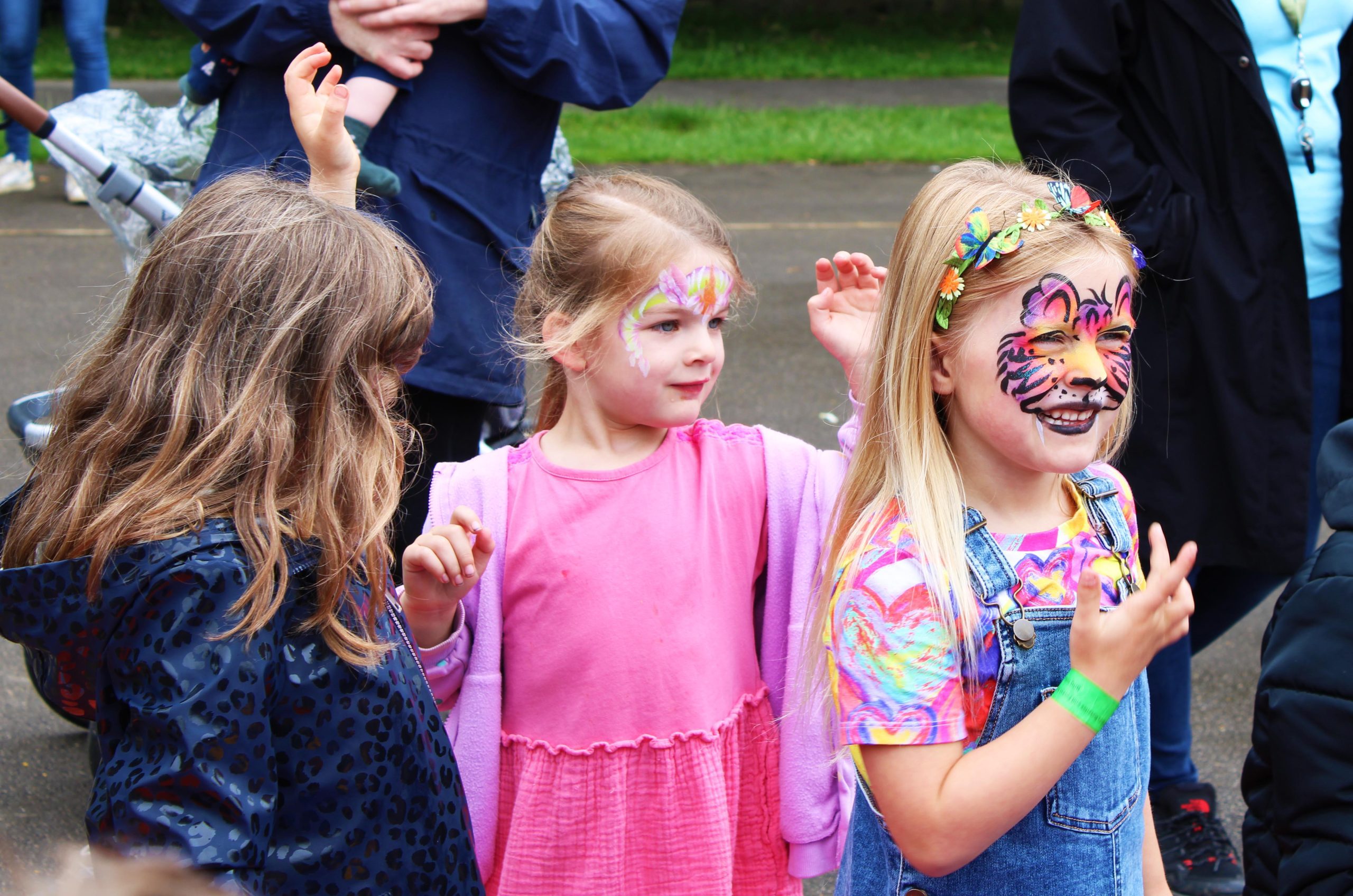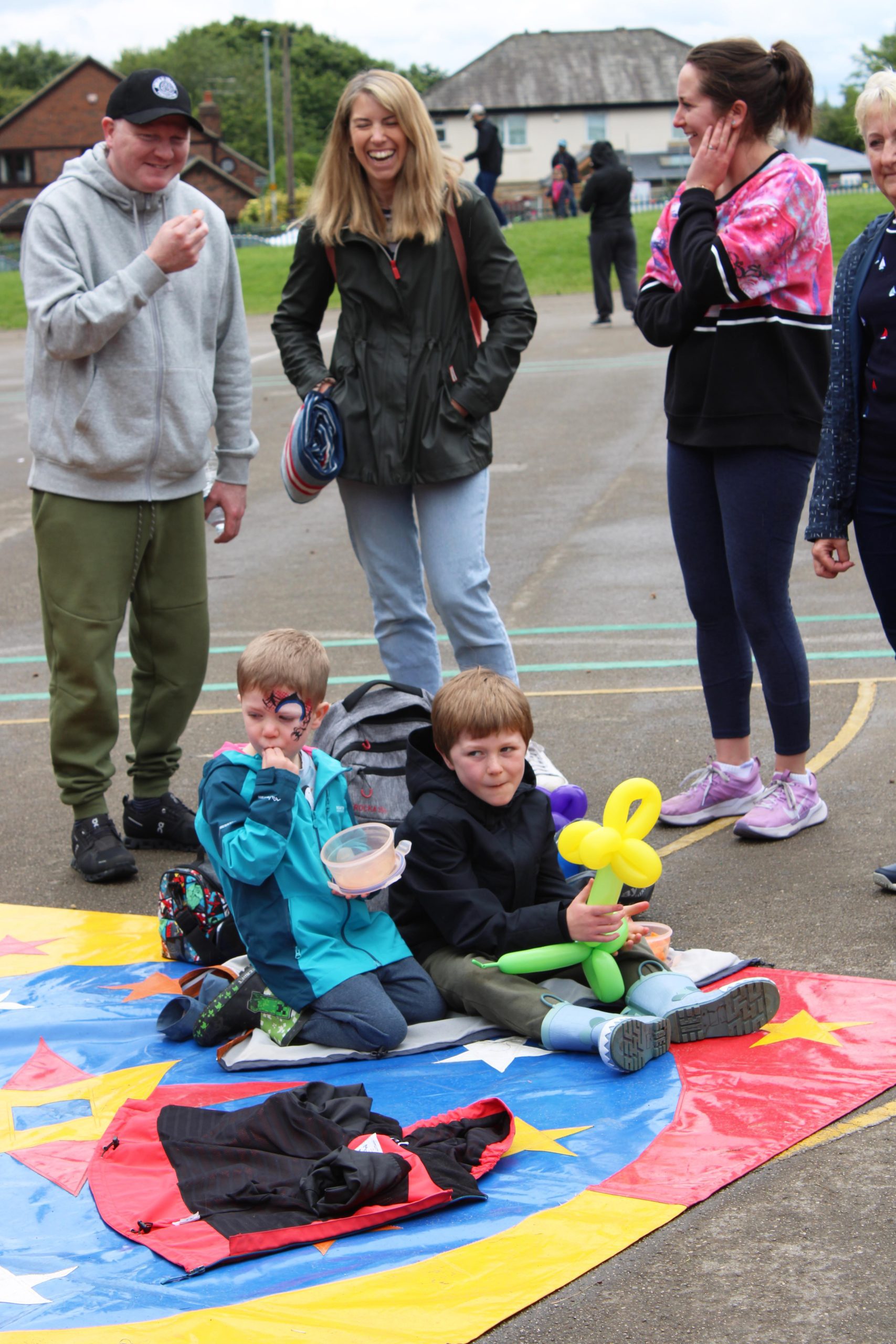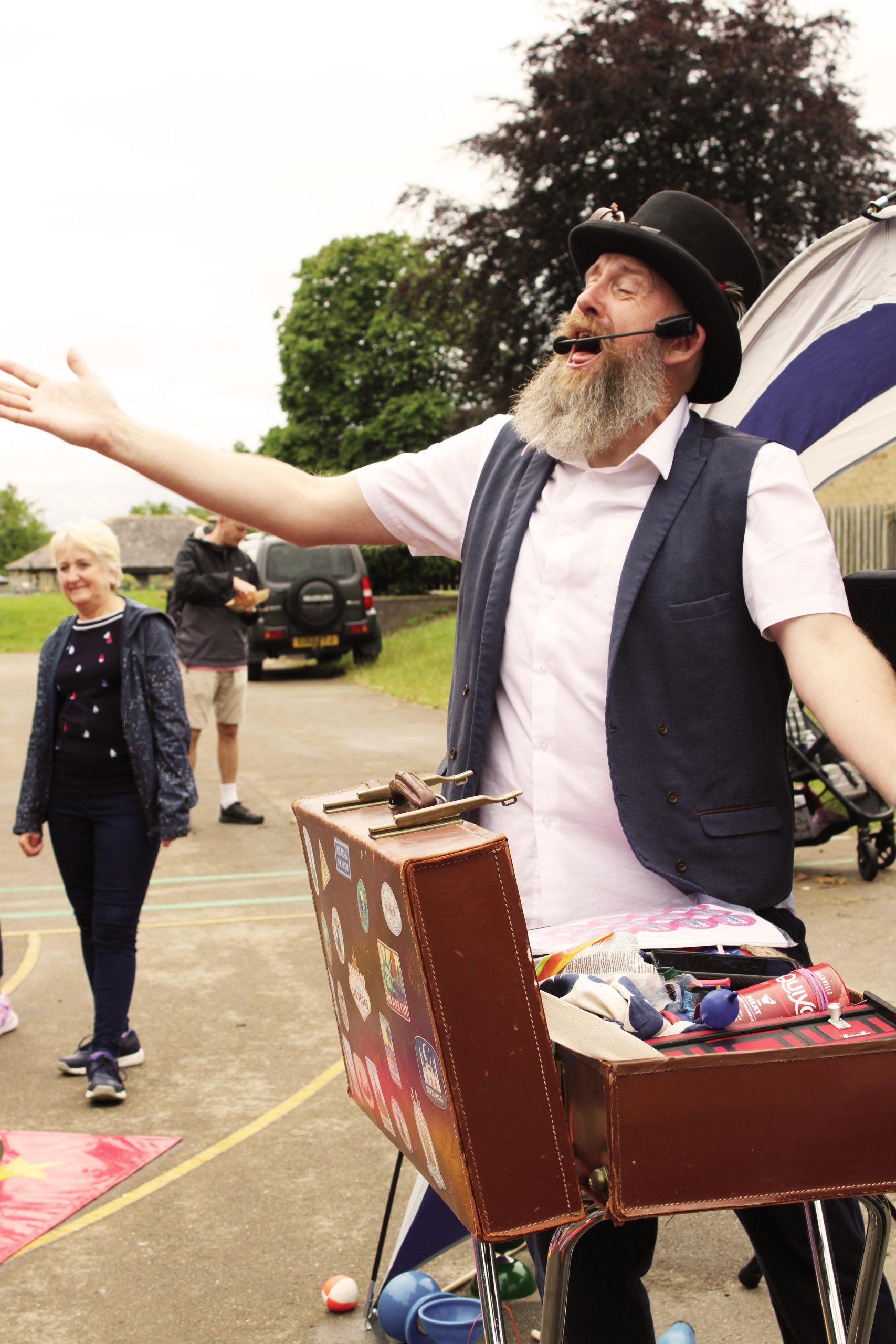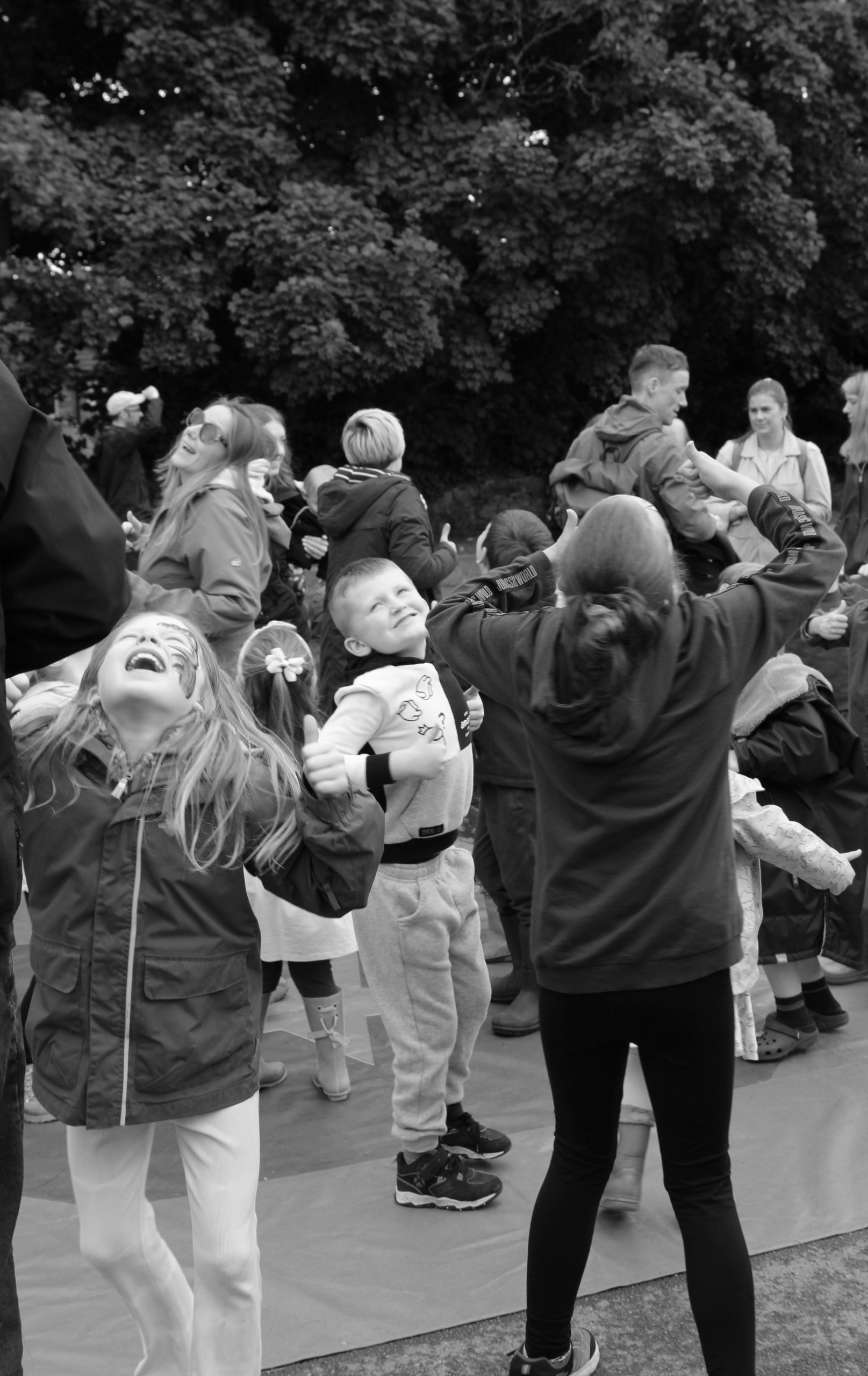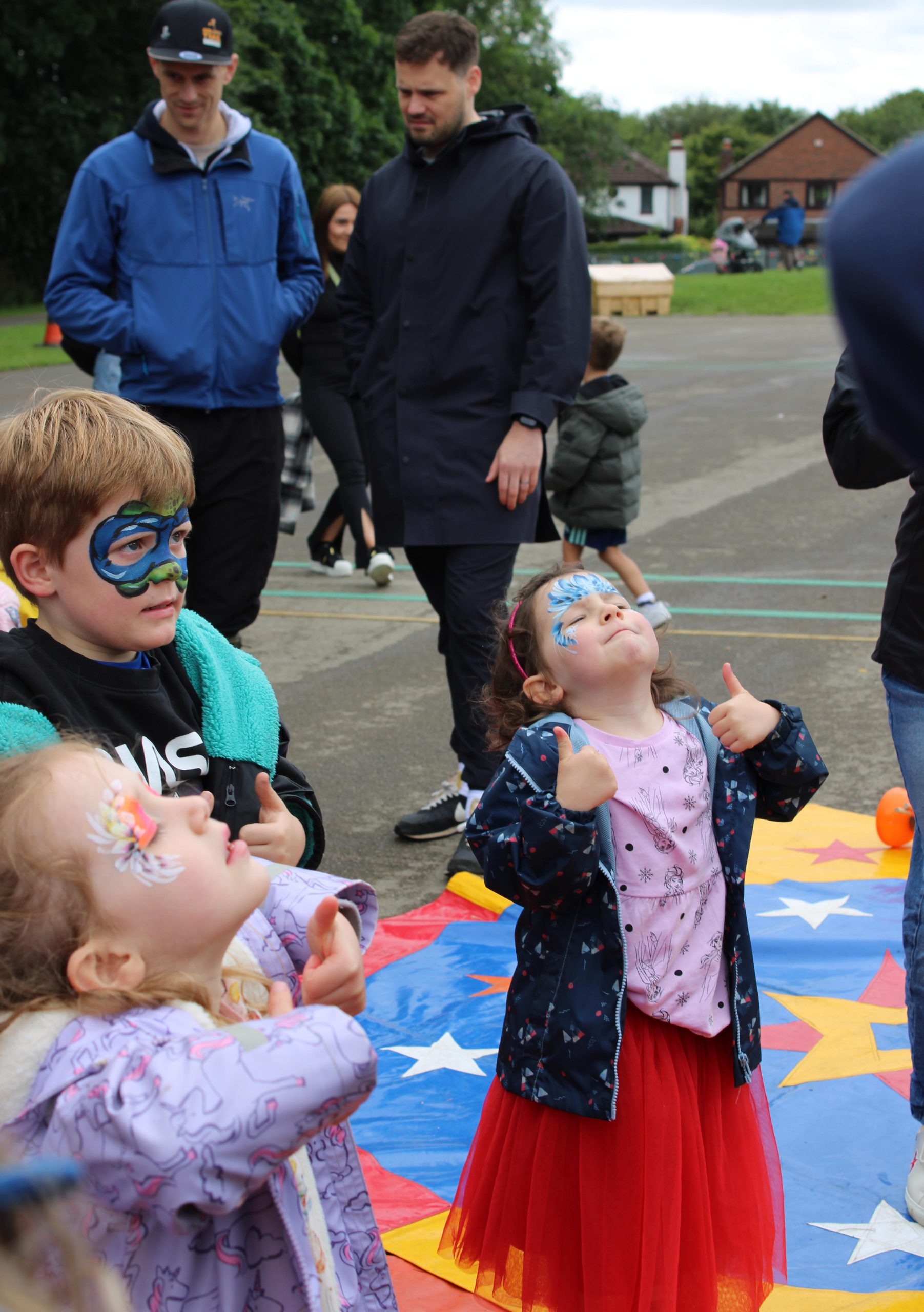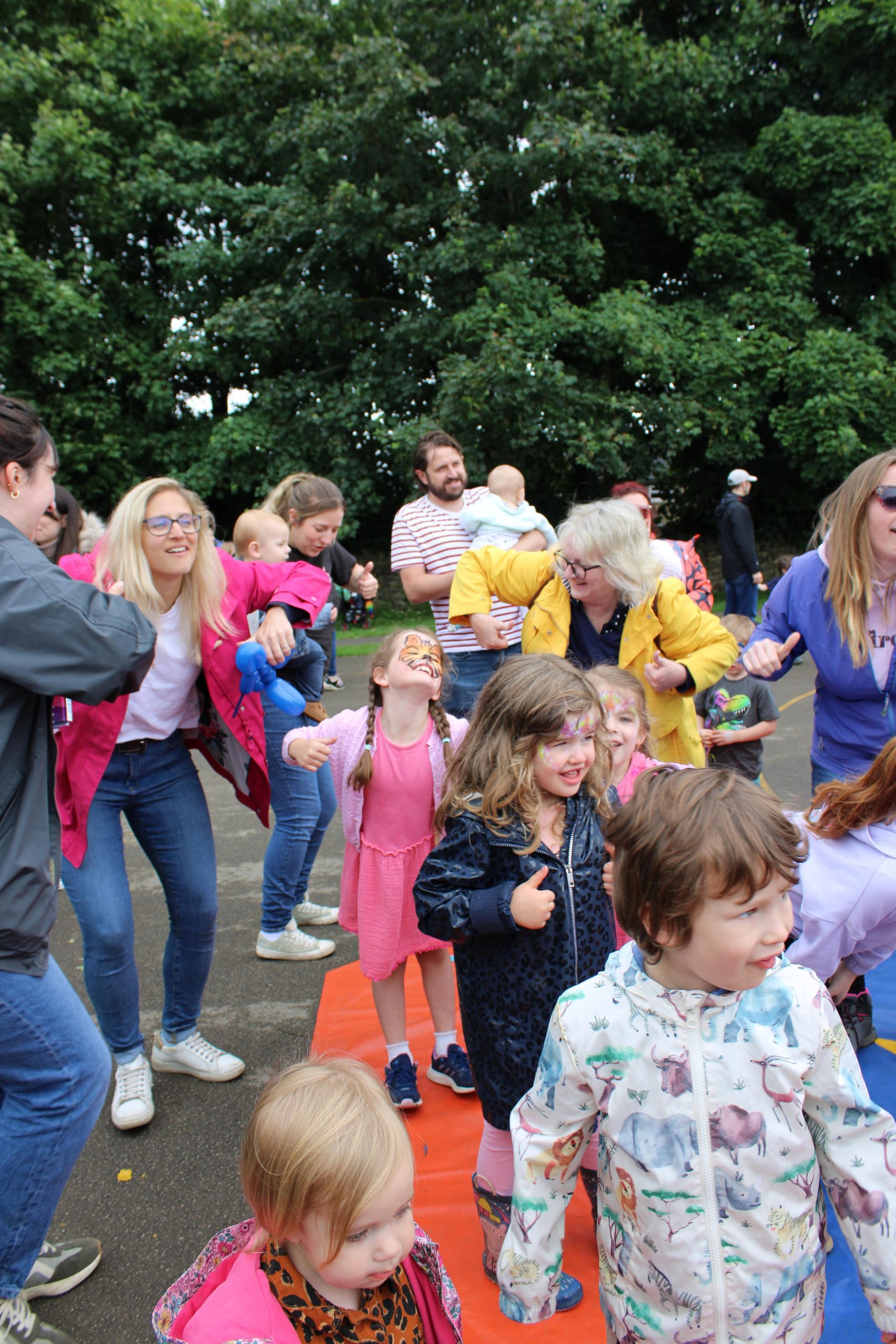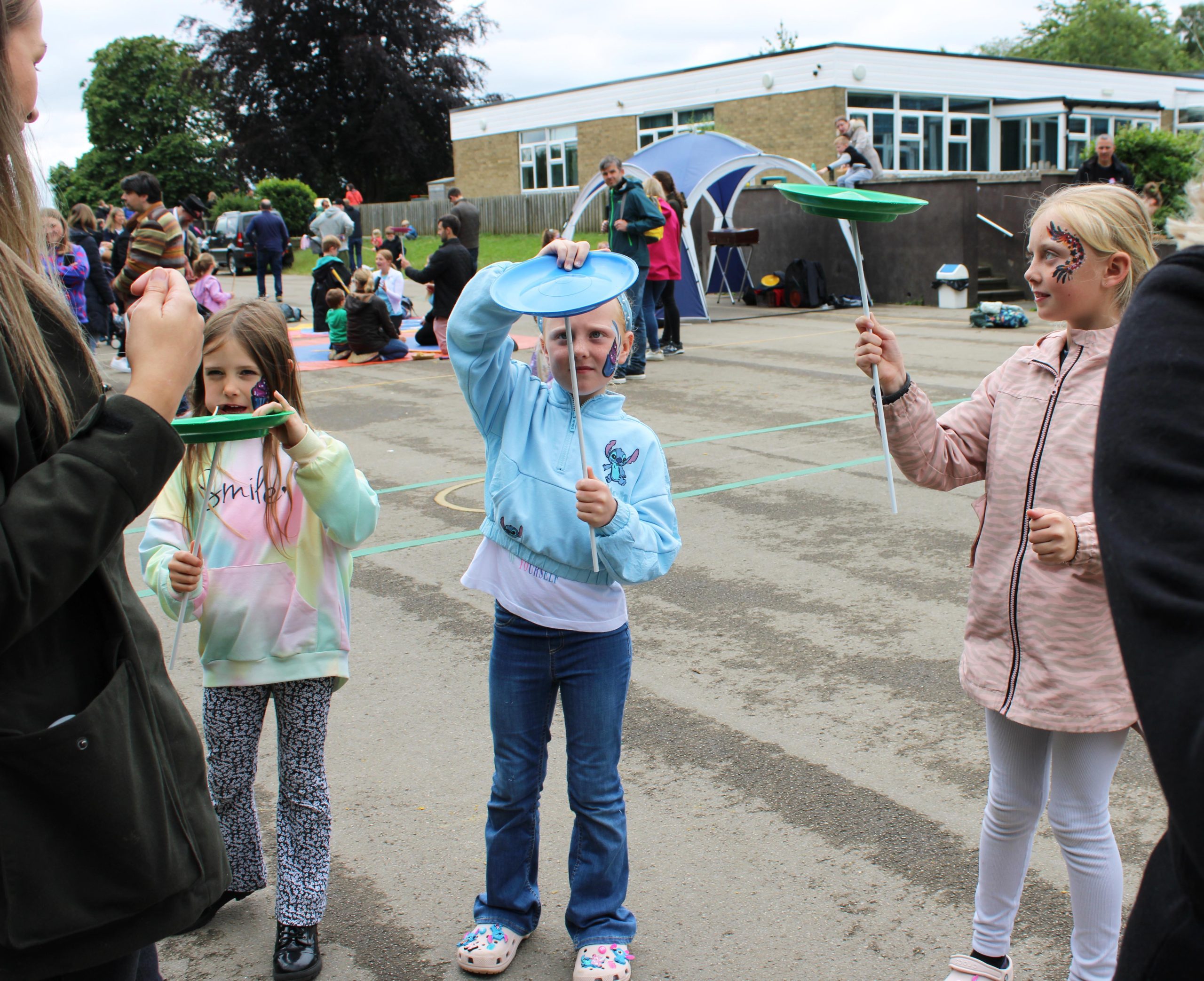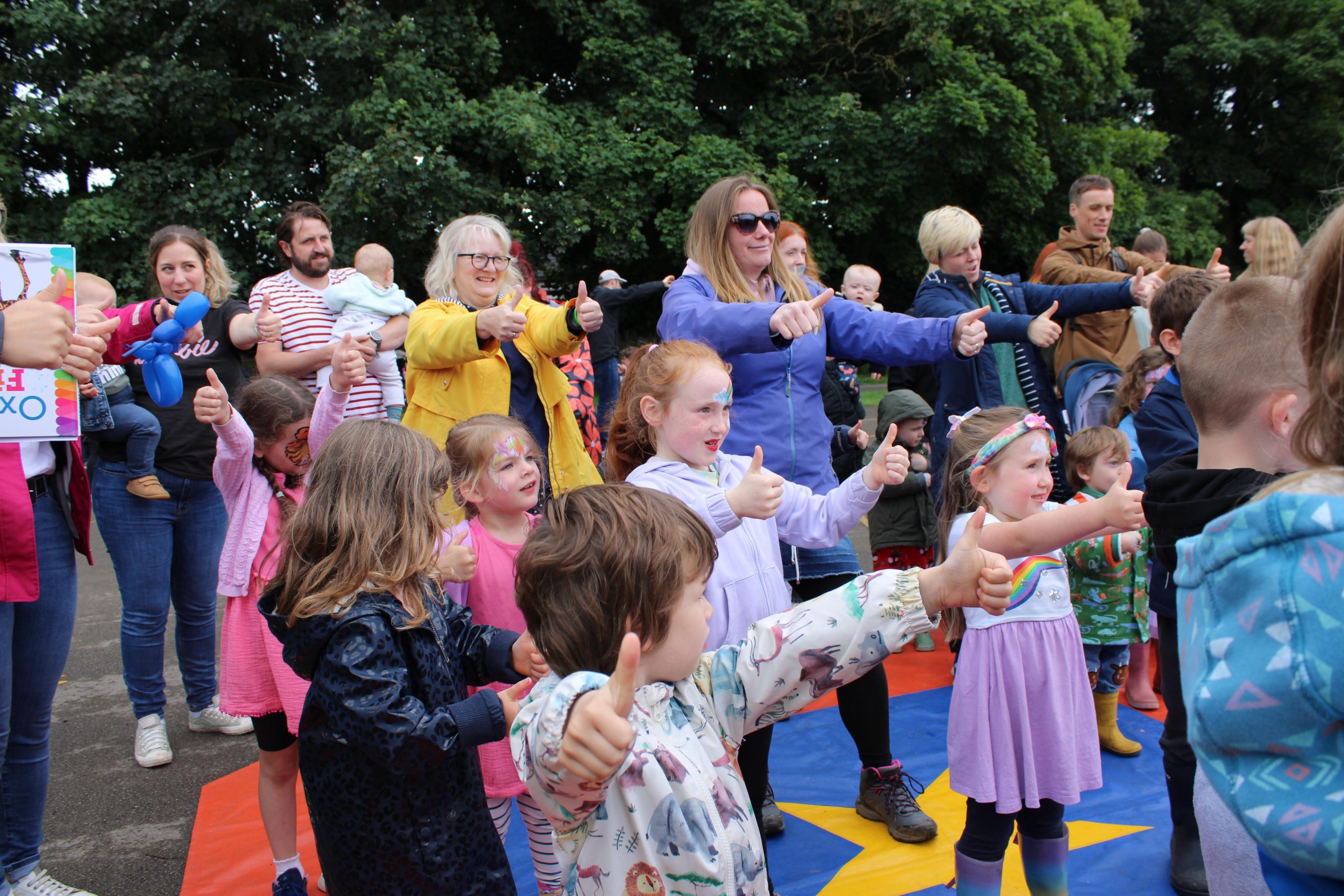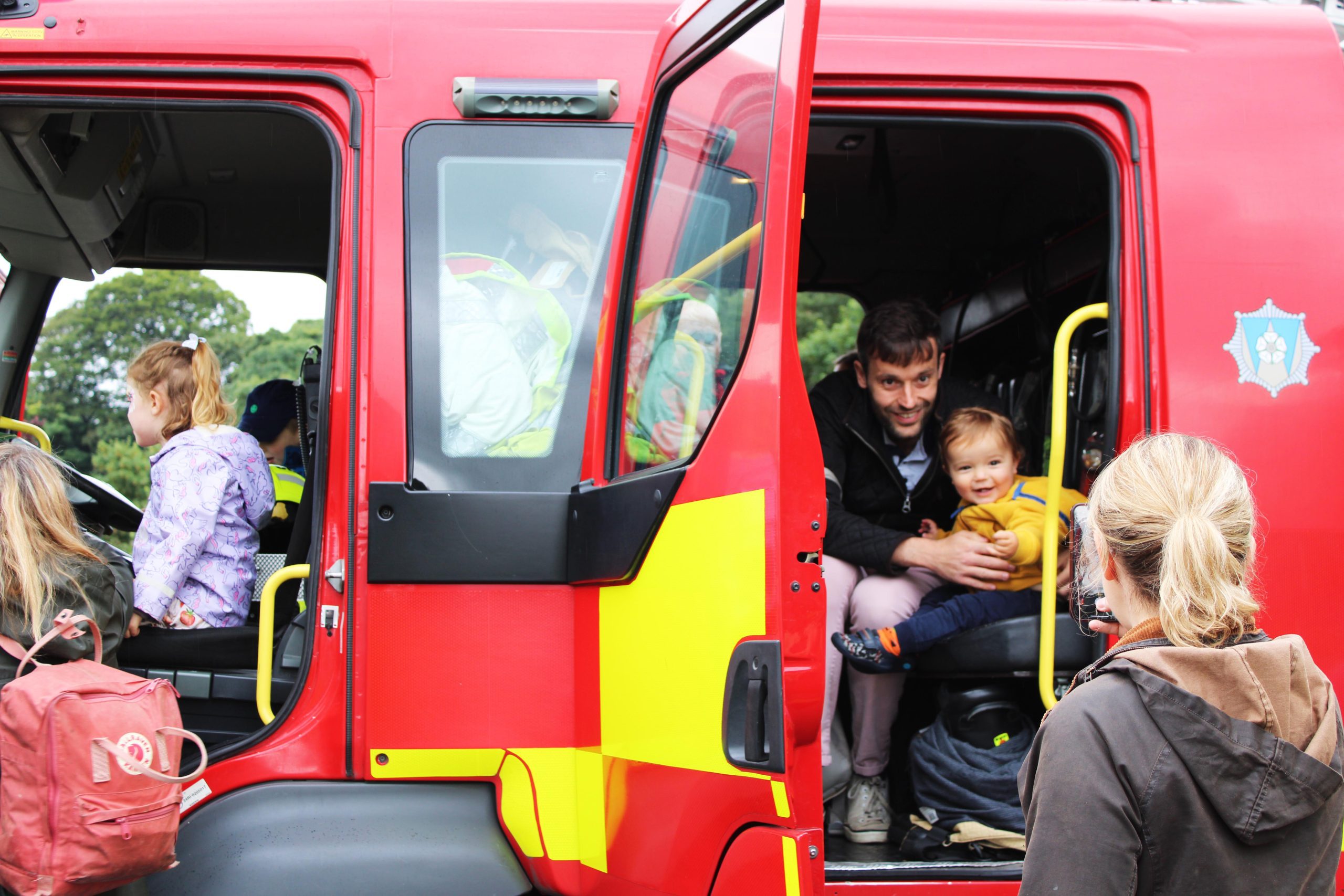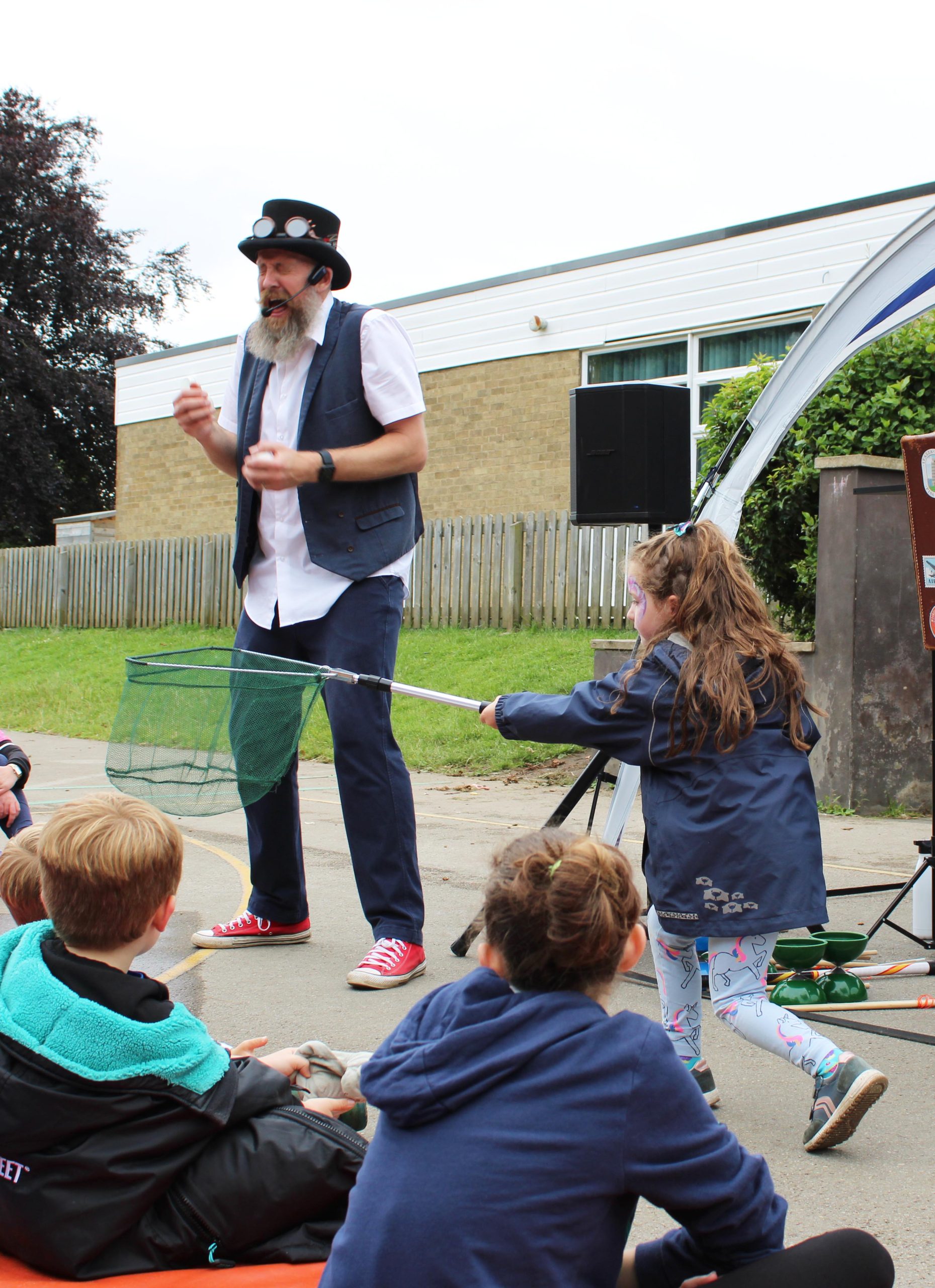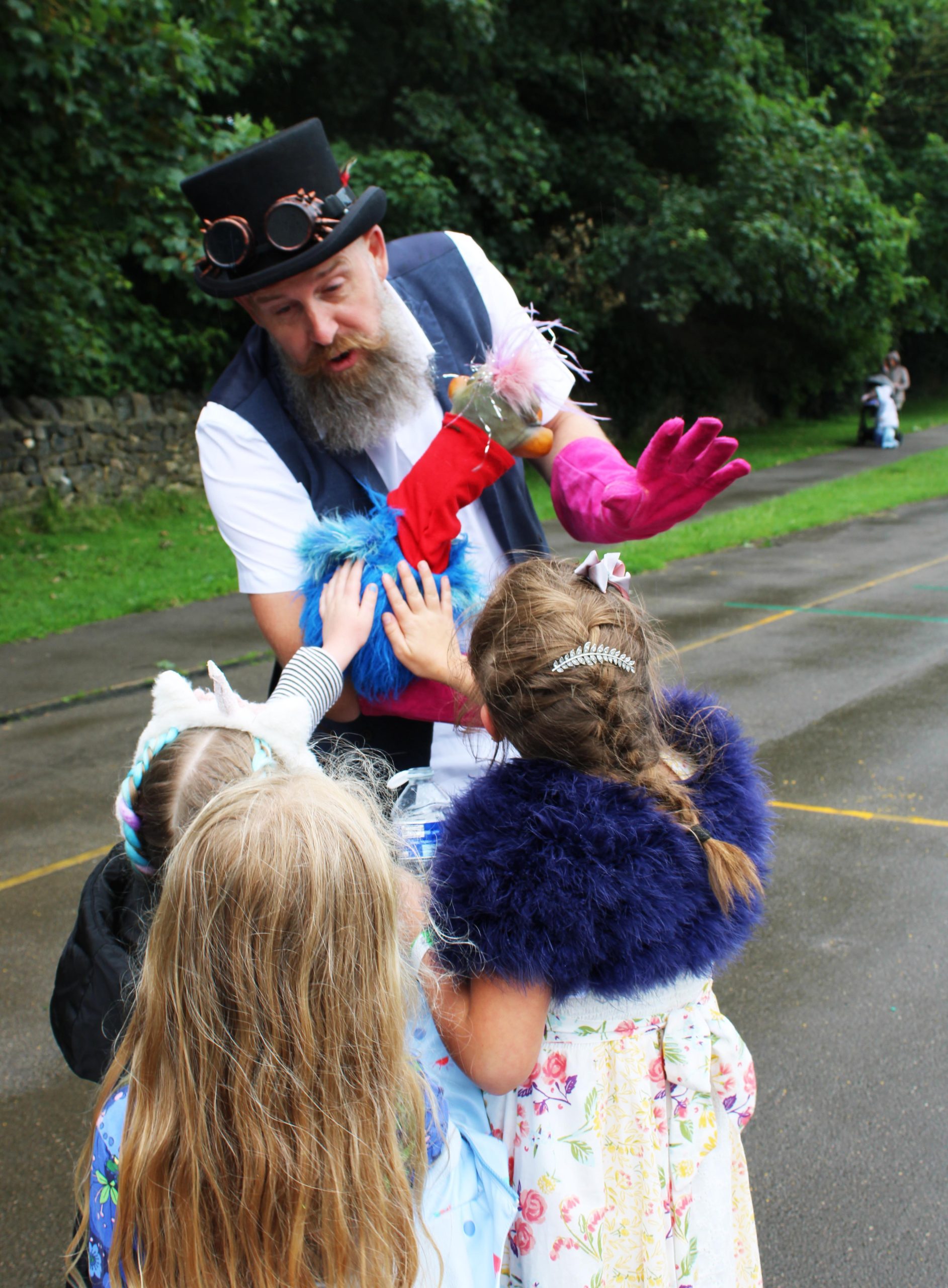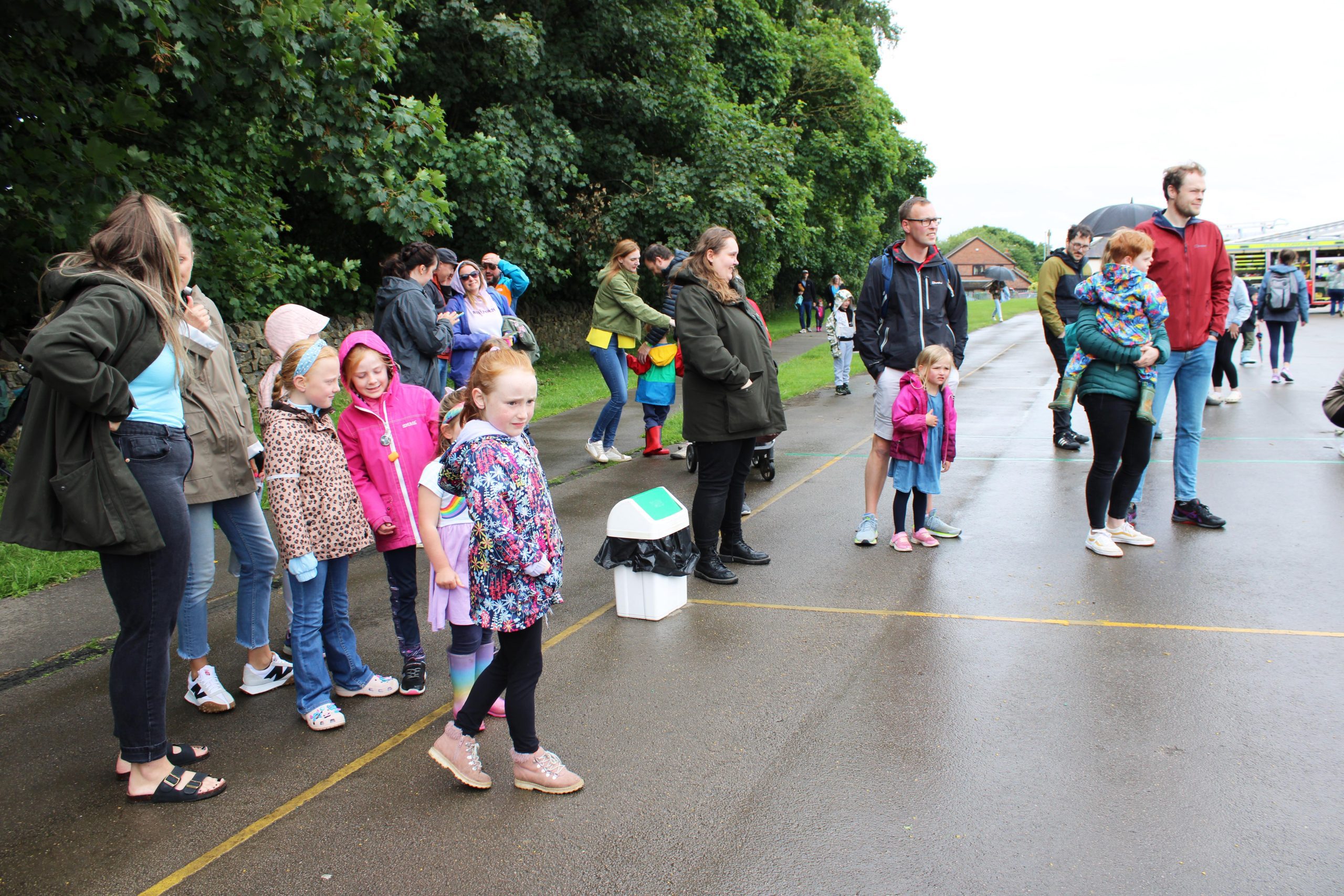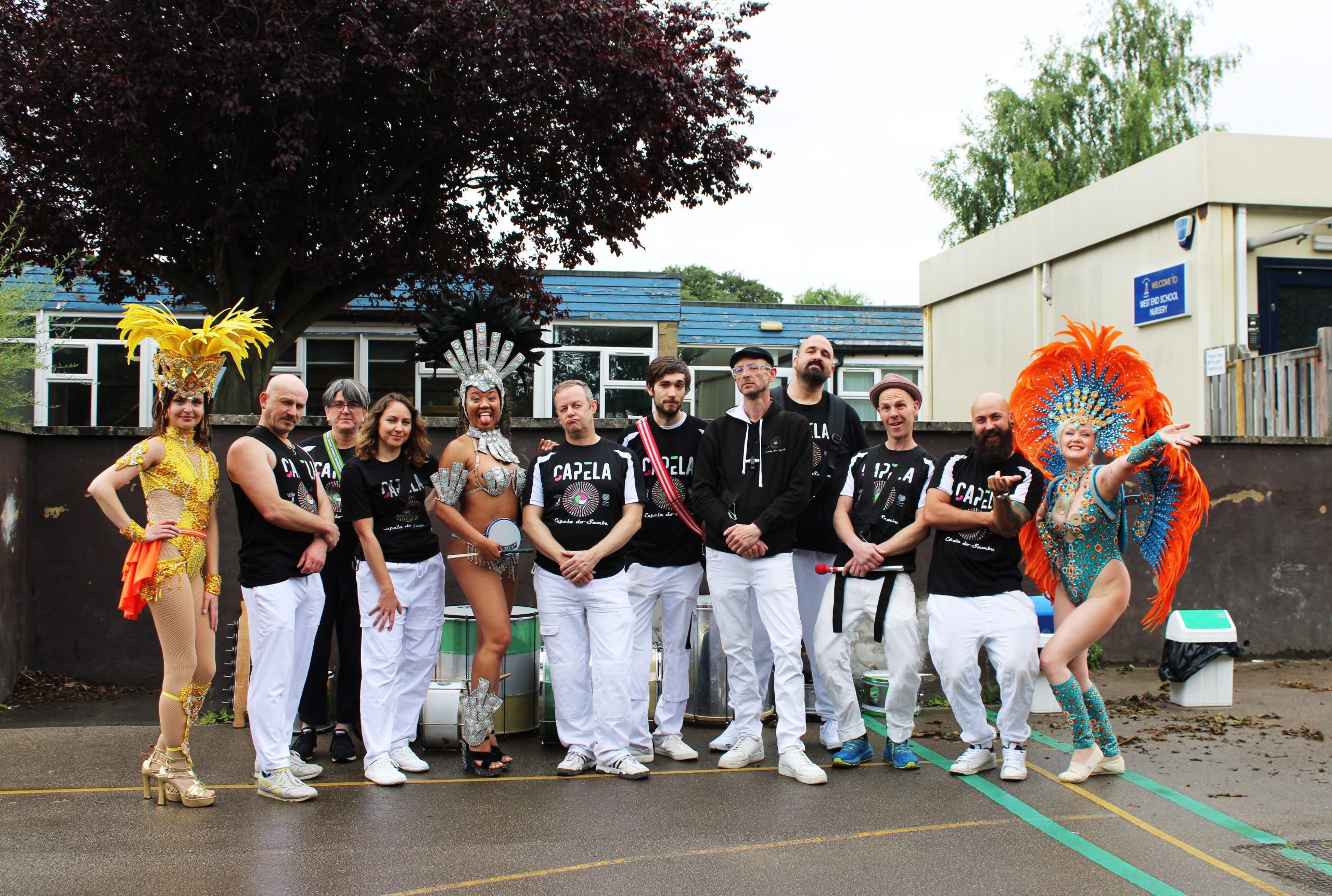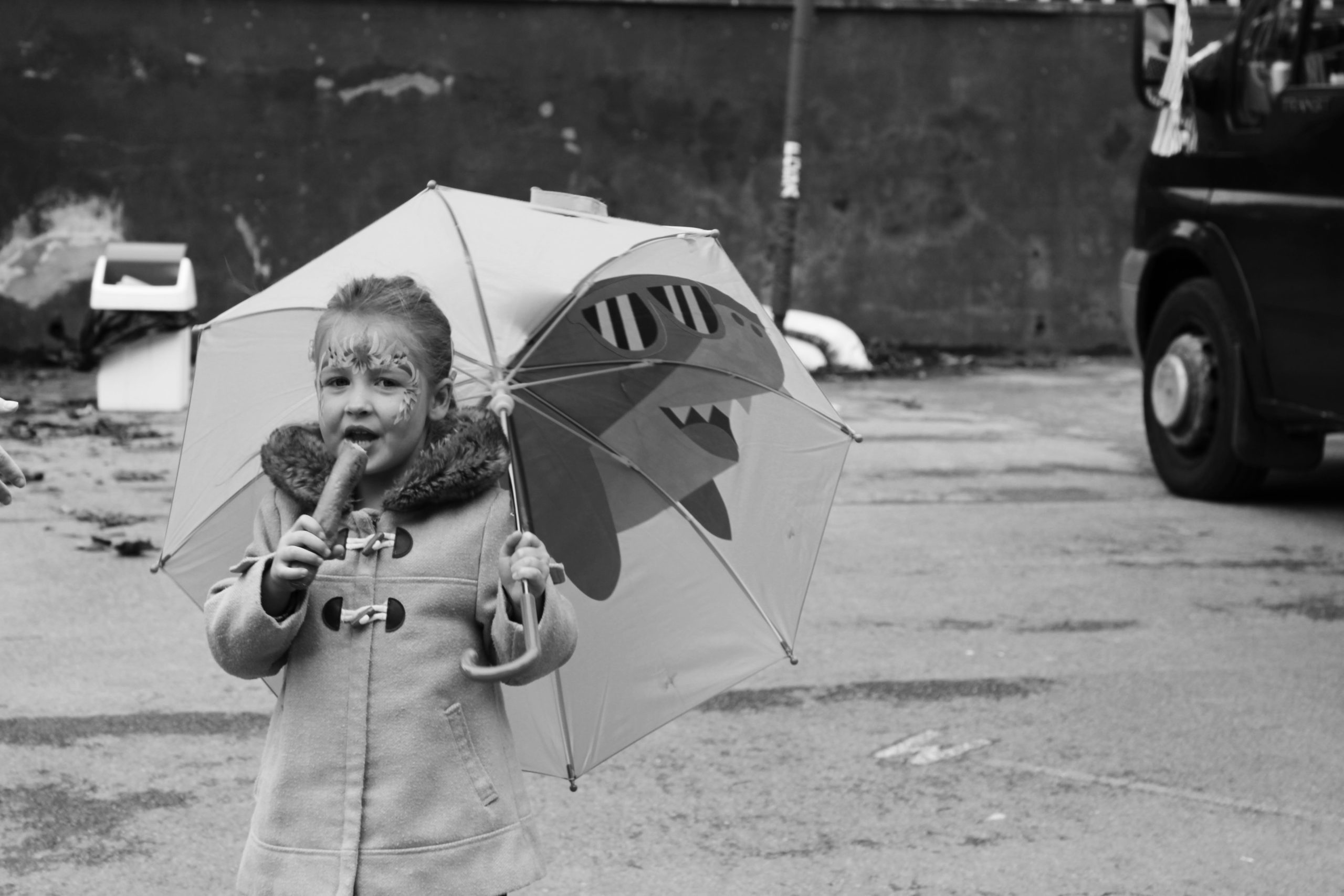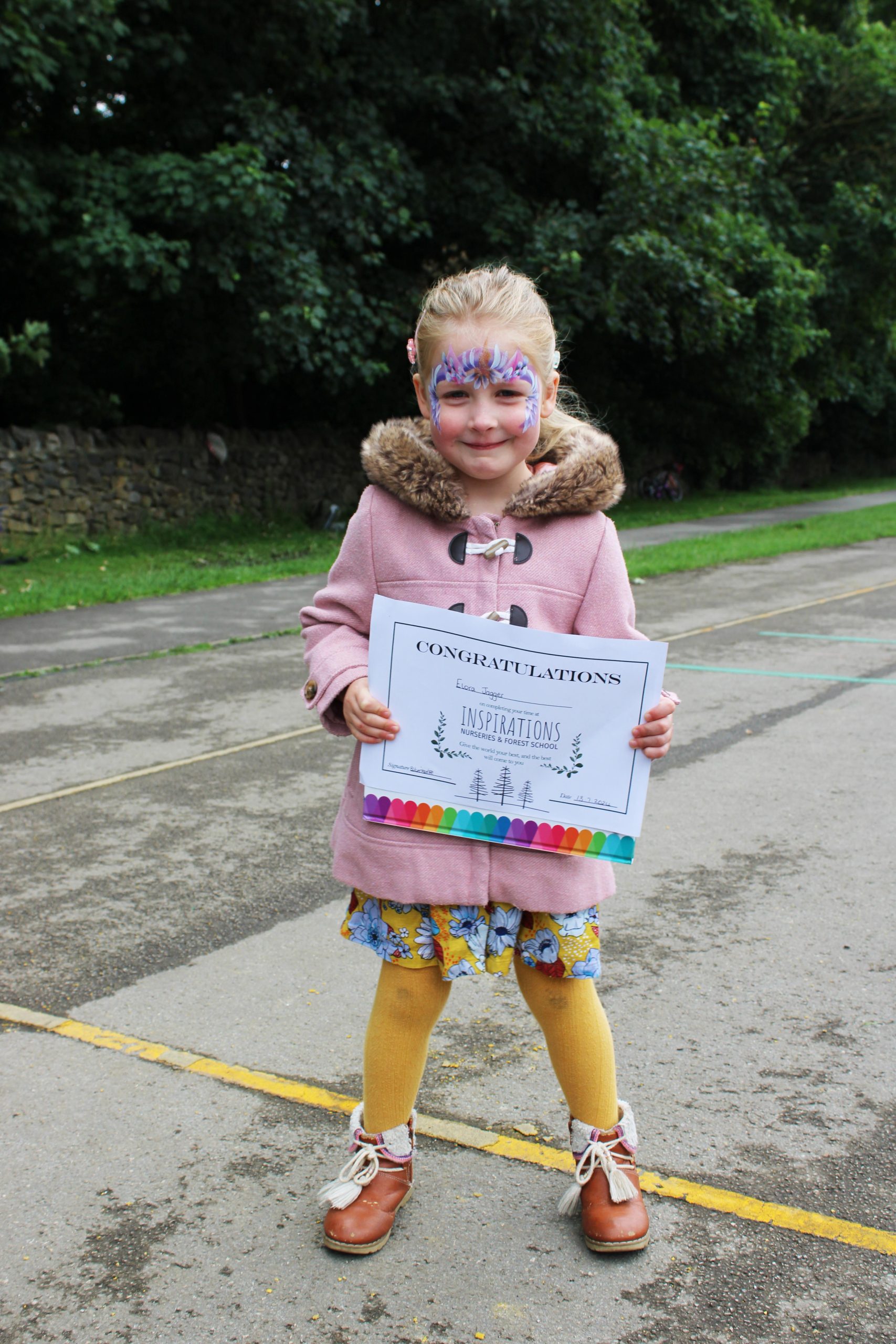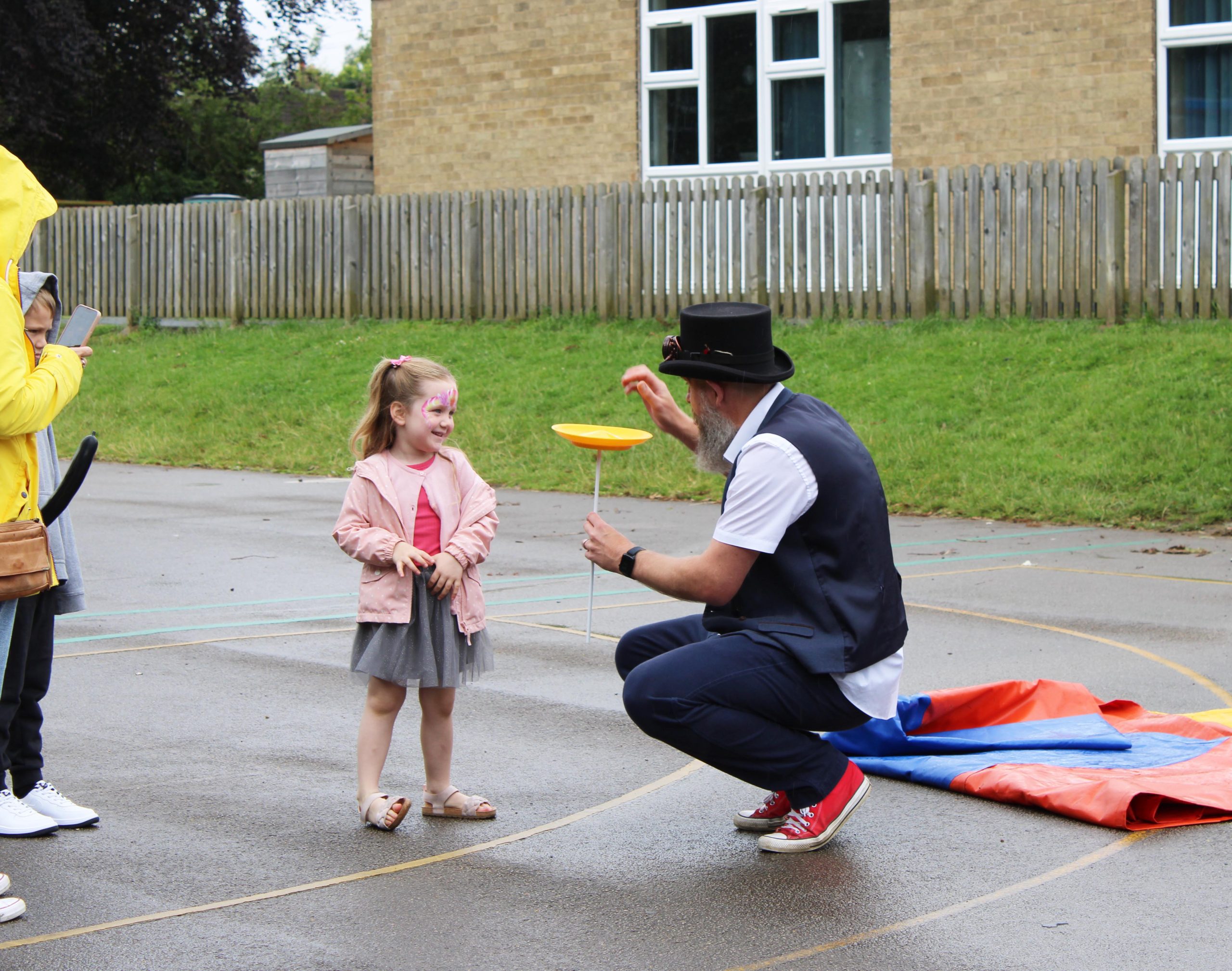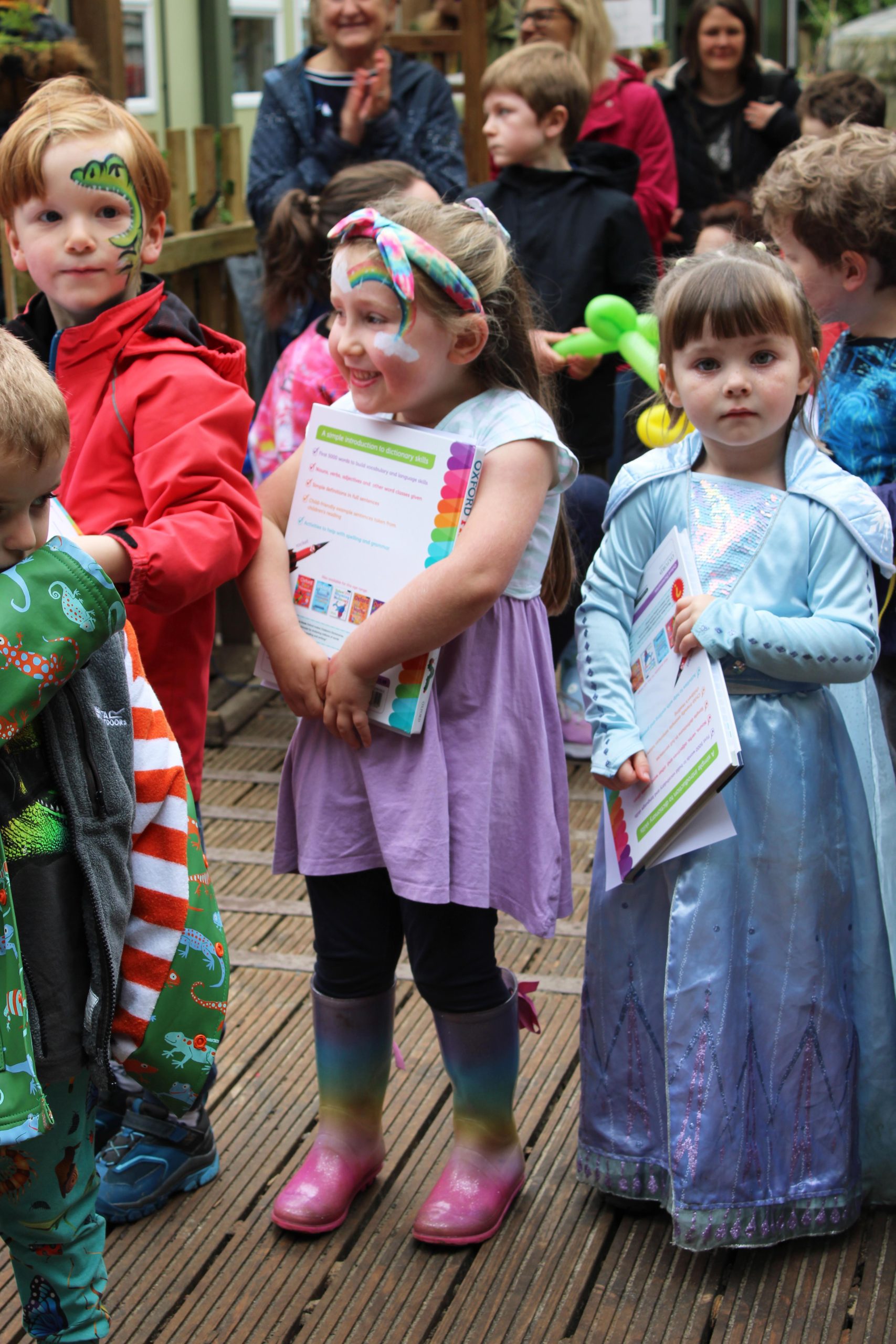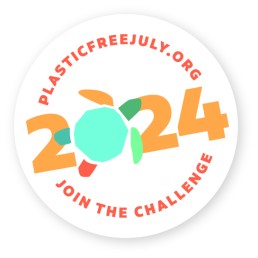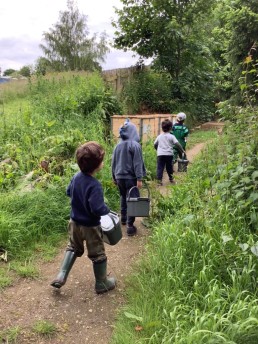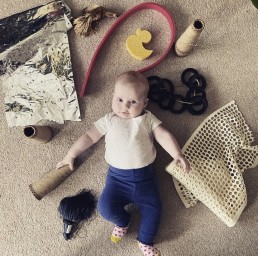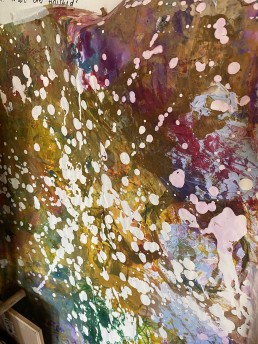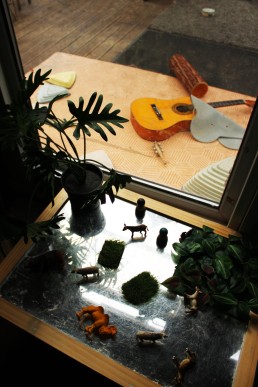Early Years: Taking care of the future
The first 5 years are the most important for our brains and developments, starting from inside the womb. The brain almost doubles in volume in the first year and grows faster than any other time in our lives. By the time children start school, their brain has already had vast amounts of growth, laying down the blueprint to the future.
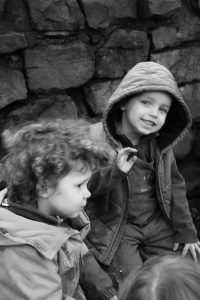
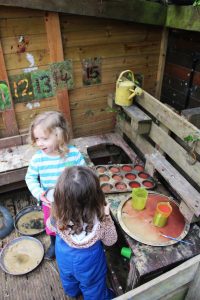
We already know the early years are crucial but this highlights just how important it is. We have a big role to play in this, and at Inspirations we are proud to be a place that helps little ones flourish.
The emotional health and physical wellbeing, social skills, cognitive and linguistic capacities that develop in these critical days form the foundations for our children's success in school and in later life. These best develop when a baby has at least one stable and committed relationship with an adult.
But healthy development relies on us doing the following things-
- Connecting
- Talking
- Playing
- A healthy home
- Community
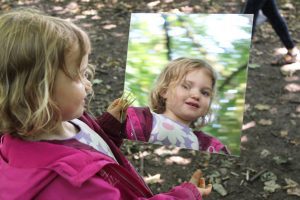
Copy cat games build imagination and empathy, naming games build vocabulary and attention, and games like peek a boo build memory and trust.
In our baby and toddler rooms our early years educators take the time to be with the children for both group activities and one to one. Activities such as fruit tasting, singing and signing, painting, reading, or making pine cone soup in the mud kitchen. Together our educators, managers, cooks, and dogs are the community that are here for these meaningful interactions, support and love.
Pre-school is separated into Yurt/Outdoor Classroom, Forest School and Art studio, where smaller groups help accommodate deeper learning and connections to their peers, grown ups and environment.
Whilst little moments of play and interaction may seem like the trivial light-hearted moments in life, they are in actual fact providing your child with the most important life skills.
By doing these things often, we are giving them the confidence to make friends, try new things and explore the world. Children are hardwired to seek out meaningful connections, it's our job to give them.
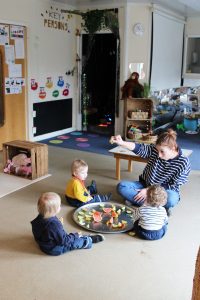
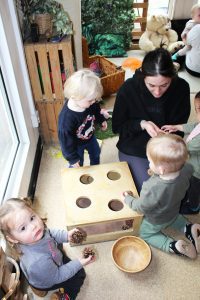
Inspirations is so much more than child-care, its a community; a hub of meaningful interactions to develop life skills, and a love of connecting to people, art and the outside world.
So remember, the next time you sit down with your little one to sing and do the actions of their favourite song, you might just be changing their world.
-Nathalie
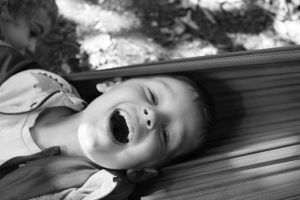
This blog was inspired by the following Ted talk https://www.instagram.com/reel/C9rK3irKtYM/?igsh=MXFiYjJ3NTZibmUyZw==
Funding
September 2024 brings the next phase of the government funded hours expansion. From September 2024, the 15 hours funding will be extended to, those eligible, from nine months plus. It’s important to know that 15 hours is funded for 38 weeks of the year (term time only and one non funded week in Autumn). At Inspirations, we can stretch that to make it 11 hours a week. We can do that from each September term.
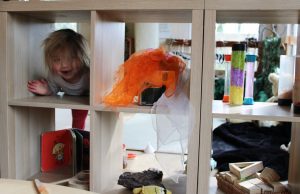
One thing we need to be aware of, is that all funding becomes valid the term after they turn 9 months, 2 years or 3 years. The terms are September (Autumn), January (Spring) and April (Summer). This means if your child turns 3 in May, they will not be eligible for the 3-year
funding until September.
You can check if you are eligible and set up a childcare account here - https://www.gov.uk/check-eligible-free-childcare-if-youre-working
Here you need to also revalidate your code every 3 months; it’s a good idea to make a note of the date as more than likely, the reminder will go in to junk. If you don’t revalidate it, we as providers will not be able to claim the funding on your behalf.
On here, you can also make use of the tax-free childcare scheme. It is useful because when you put money in there, you get a government top up. Then you can pay Inspirations through that. You get an account code that you will just need to send us, so we know who to allocate
it to when it’s been paid in. Next September 2025, is the last phase of the funding expansion; where we will see all
eligible families receive 30 hours per week childcare. Again, this is over 38 weeks but we can stretch that too.
Please see the link below for our video to help you fill out the funding forms-
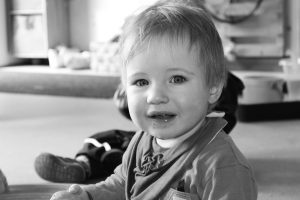
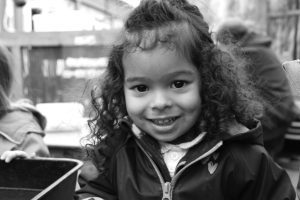
-Kayleigh
In the News- Parental Engagement
In March of this year a new study about an increase in the number of children starting school who are not “school-ready” which reported that 28% of children in reception year “incorrectly use books (swiping or tapping as if using an electronic device)”. A worrying statistic indeed, and one which questions are children having enough verbal interactions with the adults in their life?
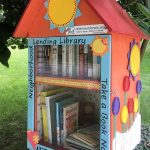
There have been some recent efforts to inject the excitement of the simple joy of books in the community with the free libraries dotted around suburbs and towns. Did you know at Inspirations we also have a lending library in the front entrance?
Learning suffered during lockdown and perhaps this is still having an impact. This article from a couple of years ago now highlights just how much the Pandemic affected our children- https://www.theguardian.com/lifeandstyle/2022/apr/24/life-in-lockdown-held-back-progress-of-under-fives
'Parents spent less time reading, chatting and playing with their children during the pandemic, according to new research by the National Literacy Trust. A quarter said they did not chat with their child every day in 2021, compared with just 10% in 2019, and only half (53%) of parents said they were reading to their child daily, compared with two-thirds in 2019.
And the proportion of parents who said they played with their child at least once a day in the previous week also fell from 76% in 2019 to 72% in 2021. The Trust surveyed more than 1,500 parents with children under five.
Overall, the research found that fewer parents of young children engaged in “home learning activities” – reading, chatting, playing, singing or painting and drawing – in 2021, compared with 2019, despite spending more time in the home with their child due to the pandemic.'
In many ways we need to get back to basics, and that is what we try and do at Inspirations. We have meaningful interactions, promote the joy of reading, teach them to plant seeds and grow vegetables and develop their creativity.
It takes a village to raise a child, and we all have a role to play in this.
Empowering the Child's Voice Through Art
This July, my self (Nathalie from the Art Studio) and Tara took part in an early years conference 'Using the Arts for the Children's Wellbeing and Communication: A holistic Approach'. It was delivered as part of a funded Arts Council Partnership called 'Tuneful Chatter,' and was a wonderful reminder of why we do what we do at Inspirations Nurseries in terms of creativity and the 100 languages of learning.
At the beginning of the conference we were asked to write down 'What do we want for this child' in any given learning opportunity. The answer I wrote down was 'I hope the child feels confidence to experiment with materials and to learn from mistakes so they can build confidence. I hope the child discovers something they love doing'.
So how do we ensure we are doing this at inspirations? This is why the child led approach is so important. In the Art Studio, our purpose build creative space for pre-schoolers, a pirate interest became a common theme for many of the children. It came pretty much from nowhere, but it was our job to follow it, the children were heard, and the room reflected that.
Over the weeks we have explored this topic in many expressive arts, but after creating a collaborative treasure map I stepped back and observed. It became apparent the interest was in the process of creating paint to represent the sea. The real interest here was not at all the end result of the treasure map, but it was the process. So, inspired by the sea, we have spent a whole week now dedicated to mixing shades of blue, and it has kept their attention for such a huge amount of time.
Art is a form of expression
Art is a communication tool; a tool for voice. Our job is to empower that child's voice. When the children in the Art Studio sit with the palettes and paints experimenting with colour, in that moment that is their language of learning; they are being heard; they are getting exactly what they want from the moment. When this happens, we have done our job.
Some of the children used this session to mix paint to make 'blueberry crumble', and pour the paint into biscuit trays, and that is ok. As the educator we do not prescribe outcomes, this is not paint by numbers.
Children have 100 languages of learning and it is our job to match that, not restrict it. When a child is full of potential there is hope and they know that you believe in them.
In order to create these enriching environments we also need to think about the community we are building in our classrooms. Our children pick up on feelings, part of our job in this type of setting is to make the place full of wonderful conversations. Wonderful conversations between staff, animals, each other and to do this we have to understand our selves and be compassionate to our selves and others. Ultimately, Inspirations is a community, filled with deep learning and joy from all.
So what do we want for our children?
'Our task regarding creativity is to help children to climb their own mountains. No one can do more'- Malaguzzi 1988
Thank you to the Doncaster Council and Tuneful Chatter for inspiring conference, and reminding us of the importance of all of the expressive arts in the early years.
-Nathalie
Inspirations Summer Party
We are 20 years old
On Saturday 13th is was our Summer Party, a chance to celebrate our School Leavers and our 20th Birthday all rolled into one. The dull skies did not reflect the mood, as the amazing Spike Bonzo brought magic and laughter to our nursery, Capela Do Samba brought in some carnival outfits and rhythmic drum beats and we had food, face paint and a fire engine, as well as our school leavers song and ceremony.
Thank you all for coming to help us celebrate. Here's a few photos from the day.
- Nathalie
Plastic Free July

Do you ever ask yourself what you could be doing to reduce the use of plastic and ultimately contribute to a cleaner and greener future? Taking small steps in your everyday life, such as swapping plastic bags, straws, bottles and packaging are small ways you can help. By looking for reusable alternatives, shopping in bulk, and supporting businesses that offer plastic-free options this will all help to reduce the amount of plastic waste that ends up in landfills and oceans and ultimately protect the environment we live in and the wildlife suffering from this harmful pollution.

Plastic free July is a global movement that encourages individuals to reduce their plastic consumption. The initiative aims to raise awareness about the environment impact of plastic pollution and inspire people to make sustainable choices in their daily lives. Whether you are a seasoned environmentalist or new to the concept of sustainability, Plastic Free July offers an opportunity to make a positive impact and be part of a global community.
At Inspirations we do everything we can to contribute and educate the children for a more sustainable and eco-friendly way of living. Some of the changes we have made, and continue to make are:
- Recycling – we have recycling bins throughout the nursery to make sure items such
as paper, cardboard, aluminium and selective plastics, are disposed of appropriately
and safely. - Composting – we have 3 large composting bins that staff, children and parents
contribute to daily. We have caddies for families to take home and transport their
waste to Nursery. - Materials/resources – we try use materials for everyday activities that are safe to
recycle. We make our own Glitter as this is specifically damaging to the environment,
and sticking materials that are more sustainable. - Litter picking – We take out small groups to the local area and we encourage
families to participate in littler picking in their own time, lending pickers should they
need to use them.
These are just some of the ways in which we help, and we are constantly reflecting and learning of new ways to help the world we live in. When recycling plastic, reading the labels on the reverse of packaging is vital as to avoid the disposal of non recyclable items. Please visit What to put in your green bin
https://www.leeds.gov.uk/residents/bins-and-recycling/your-bins/green-recycling-bin
https://www.plasticfreejuly.org/take-the-challenge/ has lots of resources and ways to get involved. Take part in the challenge
this month and take steps towards a plastic free lifestyle.

-Ashleigh
Compost Collective
Inspiring Green Habits
At Inspirations Nurseries, we believe in nurturing not only the minds of our little ones but also instilling in them a deep sense of environmental responsibility. Thanks to Foodwise Leeds our latest initiative; 'Compost Collective' is underway and aims to educate children about the importance of composting and empower them to make a positive impact on the planet, starting from an early age.
Find out more about the amazing Food Wise-

In this blog post, we will delve into the significance of teaching composting to children and how educators play a vital role in fostering a sustainable mindset.
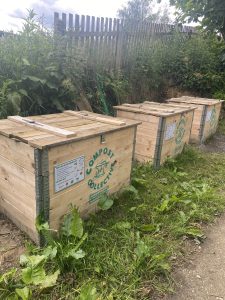
The Importance of Composting:
Composting is a natural process that transforms organic waste into nutrient-rich soil. By composting, we divert organic waste from landfills, reduce greenhouse gas emissions, and enrich the soil for future plant growth. Educating children about composting not only teaches them about the cycle of life but also installs in them an understanding of the interconnectedness of all living things. It helps children develop a sense of responsibility towards the environment and empowers them to take action to protect it.
Starting Early:
Children have a remarkable capacity for learning and absorbing information, making early childhood an ideal time to introduce them to the concept of composting. By exposing children to composting at a young age, we lay the foundation for a lifetime of environmentally conscious choices. Starting early also allows children to witness the entire composting process, from collecting food scraps to observing the decomposition and transformation into nutrient-rich soil. This hands-on experience fosters a deep connection with nature and enables children to appreciate the value of waste reduction and resource conservation.
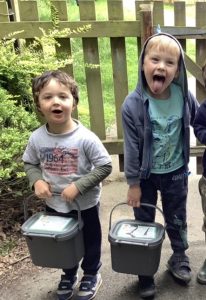
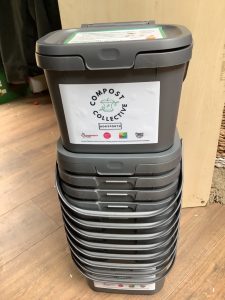
Catalysts for Change: Educators
As educators, we have the privilege and responsibility to shape young minds and inspire them to become environmentally conscious individuals. By incorporating composting into our curriculum, we can create an immersive learning experience that goes beyond the classroom walls. Through interactive activities, storytelling, and gardening projects, we can engage children in meaningful discussions about the importance of composting and its positive impact on the environment. By involving children in the entire composting process, we empower them to become active participants in sustainable practices.
Benefits of Composting Education:
Teaching children about composting provides numerous benefits. Firstly, it instills in them a sense of environmental stewardship, nurturing a generation that cares deeply about the planet's well-being. Secondly, composting education encourages critical thinking and problem-solving skills as children learn about decomposition, nutrient cycles, and the science behind composting. It also promotes teamwork and cooperation as children work together to collect and manage compost materials. Additionally, composting education fosters a sense of responsibility and self-sufficiency as children take ownership of the composting process.
Inspiring a love for nature and sustainable practices in young children is a powerful way to create a greener and brighter future. By introducing composting education in early childhood, we equip children with the knowledge and skills to make a positive impact on the environment. At Inspirations Nurseries, our Composting Project aims to cultivate a sense of environmental responsibility, foster a deep connection with nature, and empower children to become agents of change. Together, let's sow the seeds of sustainability and nurture a generation that cherishes and protects our beautiful planet.
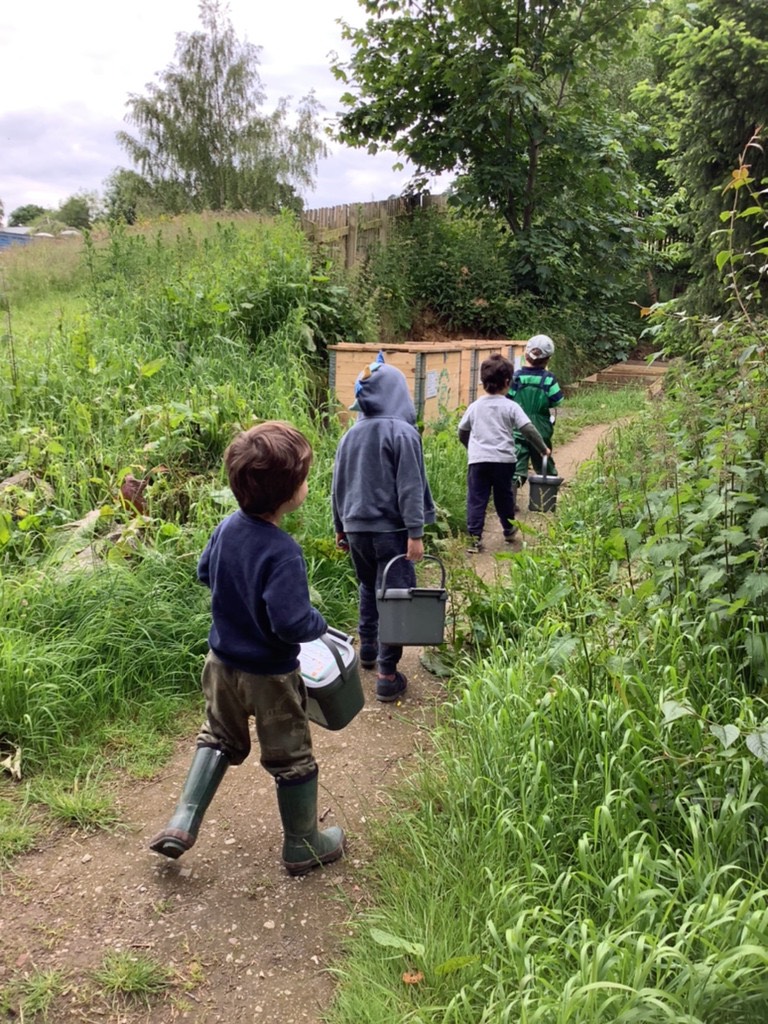
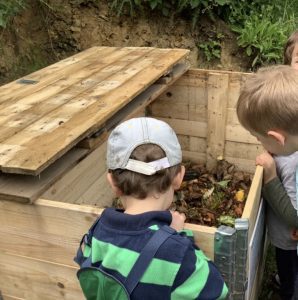

5 Ways To Encourage Creativity at Home
Encouraging creativity is really important to us at Inspirations, and this is evident in our Baby Rooms right up to when they leave us in Pre-school. It's also a great way to keep them busy and stimulate their curiosity and development at home, and it doesn't always have cost money or run the risk of staining carpets.
So here's a quick run down of 5 easy ways to encourage creativity at home-
Encourage Role Play
Toddlers love to imitate and explore other people. Encouraging role play can help your child develop their social skills, language, and creativity. Why not bring to life the characters from their favourite book? Provide props and dress-up clothes, and let your child take on different roles. You could even set up a pretend play area on theme. Remember, children have huge imaginations, you can simply provide tea towels, woolly hats, towels or just simple a change in voices.
Provide Open-Ended Materials
Have you been to SCRAP in Farsley? Scrap is an emporium of amazing resources diverted from landfill for art, play and education. Children love exploring and experimenting with different materials. Providing them with open-ended materials such as play dough, boxes, crayons, material and tubes can allow them to express their creativity and imagination in their own unique way. Give them a piece of packaging, ask them what they could do with it, or lay down textures material and walk over it with bare feet. Maybe you could use an old shelf as a car ramp?
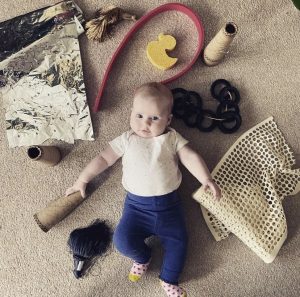
Engage in Artistic Activities Together
Set aside some time each week to engage in a creative activity together, such as painting, drawing, or making a collage. Not only will this help foster your child’s creativity, but it will also create special memories for both of you. Simply save some cardboard from your next delivery and let that be your canvas. Take it in the garden if you're worried about mess.
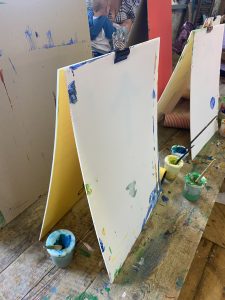

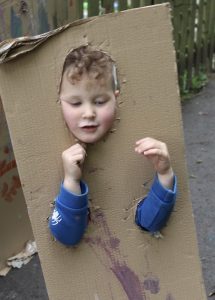
Follow Their Lead
Young children are naturally curious and have their own unique interests. Follow their lead and provide opportunities for them to explore their passions. For example, if your child shows an interest in birds, buy some binoculars, go to the library and find some wildlife books. Book a trip to a bird sanctuary, make some bird food, print some pictures to take a closer look. If they're interested in flowers why not go for a nature walk and bring back some natural resources for them to explore when home, flowers for the mud kitchen, pinecones to make pinecone pies.
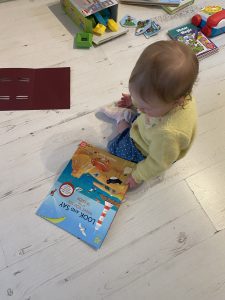
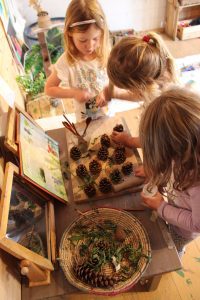
Create a Safe Space for Movement
Messy play, movement and den building is a great way for toddlers to engage with their senses and explore their world. Use an old table cloth or shower curtain as a stage to create a show with singing or movement. Or why not provide some bed sheets and sofa cushions to make a den.
So there you have it 5 simple ways to encourage creativity in your home. Make use of old boxes and packaging, there are so many house hold objects that can be used in many different ways. Don't forget to ask open ended questions along the way, and let us know if you try any of these at home.
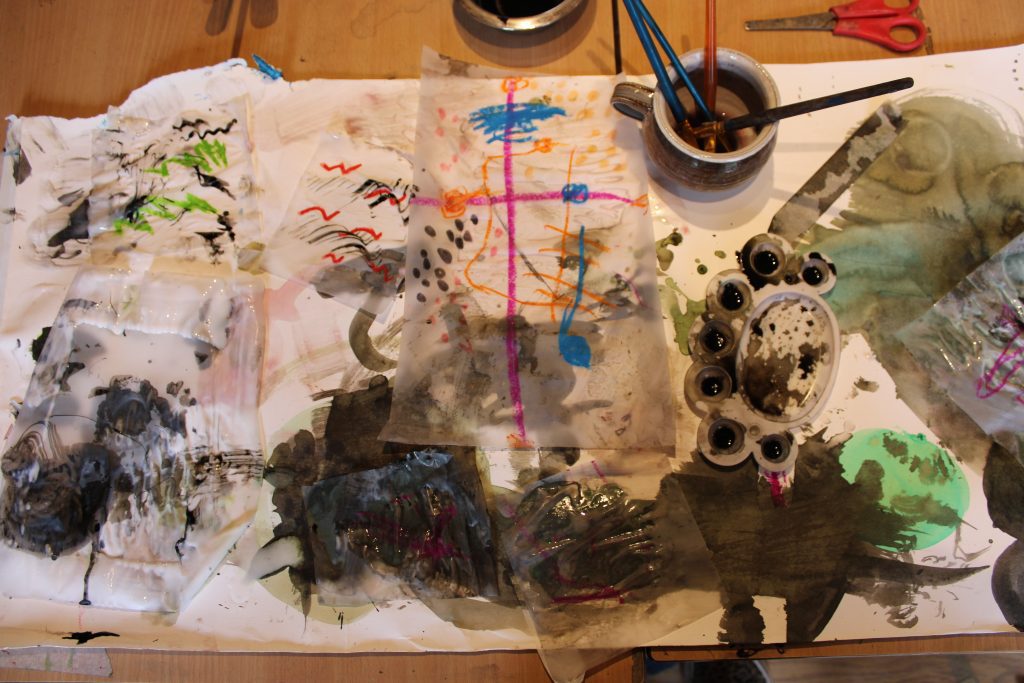
-Nathalie
Experimenting with Materials
Current Projects in the Art Studio
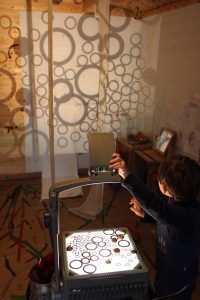
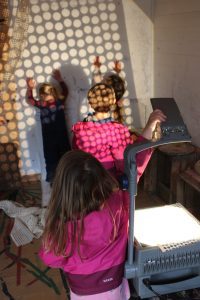
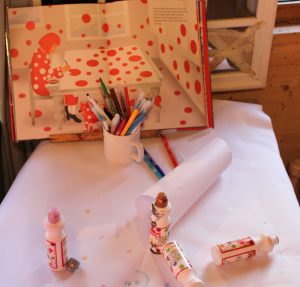
'Even a scribble is Art- (Ella 4)
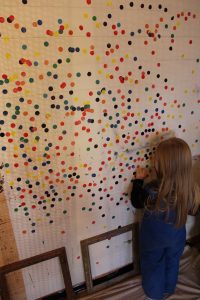
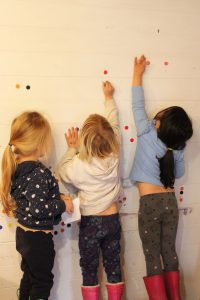
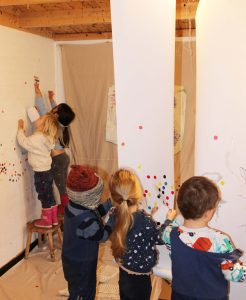
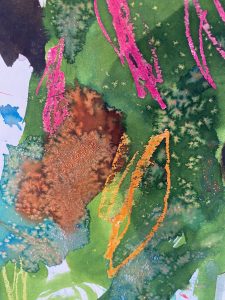
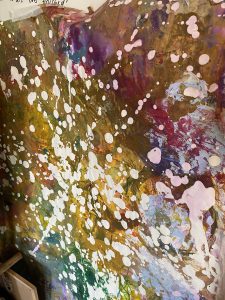
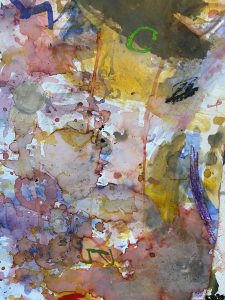
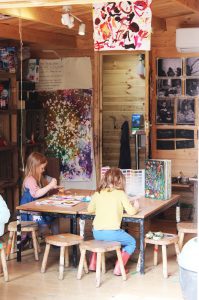
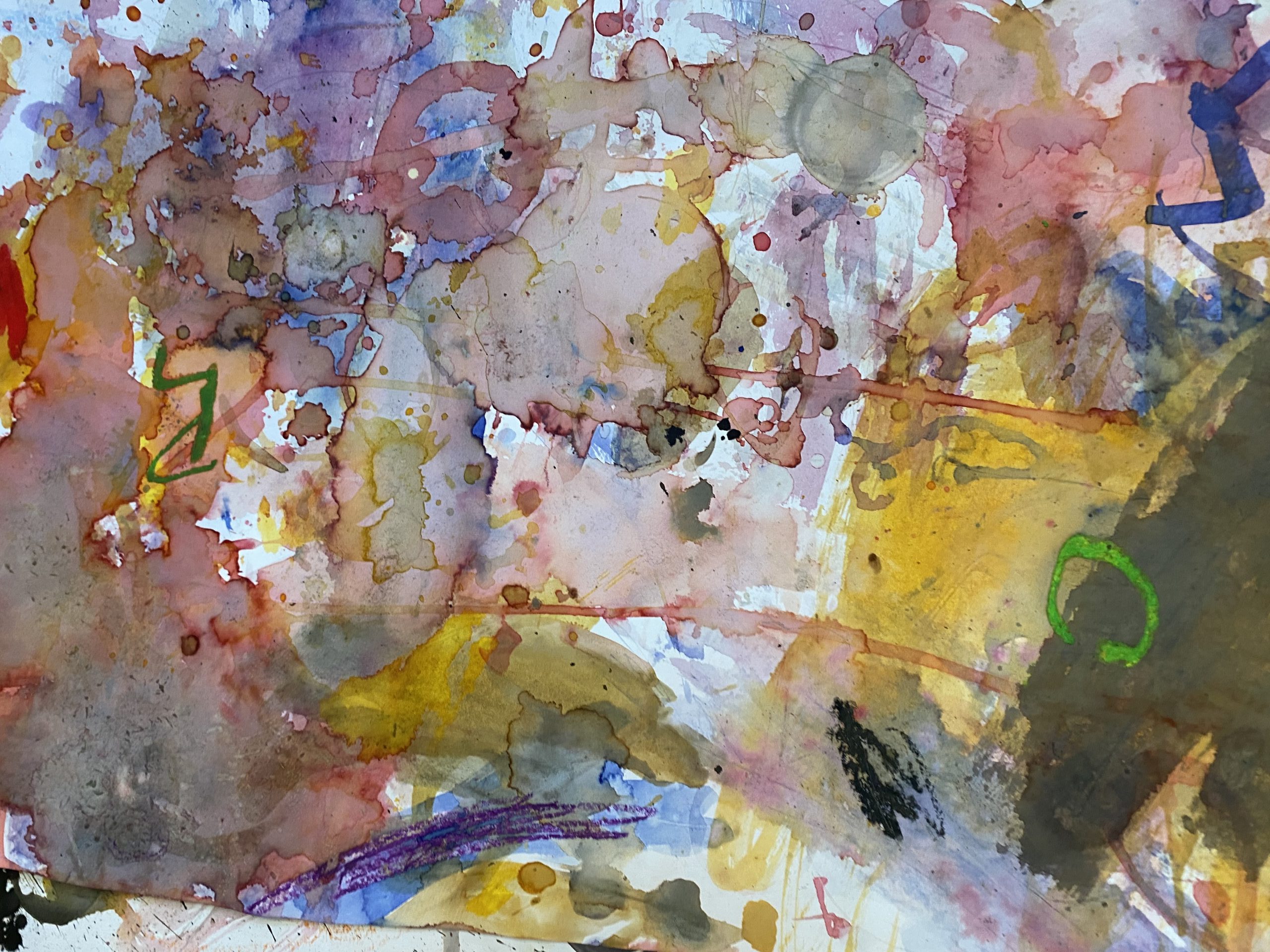
Unlocking Potential
The Impact of Environment on Early Years Development
In the vibrant world of early years settings, every corner holds the promise of discovery and growth. As a manager in this dynamic field, I've had the privilege of witnessing firsthand the transformative power of an enriched environment on children's development.
Recently, our toddler room underwent a rejuvenation, with fresh walls and a wealth of new resources. The response from the little ones has been nothing short of inspiring. They've eagerly immersed themselves in the revamped space, their curious minds ignited by the endless possibilities.
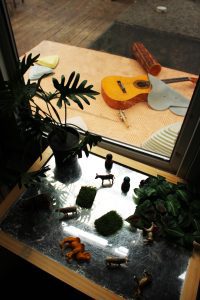
One of the highlights has been the introduction of a role play area, where children can step into imaginary worlds and explore different roles and scenarios. From playing house to dressing up in tutus, this space sparks creativity and social interaction, laying the foundation for essential life skills.
Another favourite is the potion making station, where young alchemists concoct mixtures of imagination and curiosity. As they pour and mix, they're not just creating potions; they're also honing fine motor skills, learning about cause and effect, and exercising their scientific curiosity.
But it's not just about the activities themselves; it's about the rich tapestry of experiences they offer. Through diverse play opportunities, children engage with various schemas, building neural connections and making sense of the world around them. Every interaction, every exploration, is a chance to strengthen cognitive
abilities and foster holistic development.
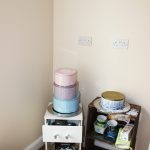
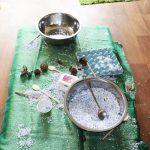
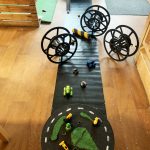
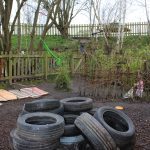
As a manager, seeing these transformations unfold is the ultimate reward. Knowing that we're creating an environment where children can thrive, where their potential is nurtured and celebrated, is incredibly fulfilling.
At Inspirations, we believe that every space, every resource, has the power to shape young minds and hearts. By investing in environments that inspire curiosity, creativity, and connection, we're laying the groundwork for a future filled with limitless possibilities.
When the transformation is complete we will look forward to sharing many more photos with you, where we will give a shout out to the amazing staff of our toddler room. Tara has been working hard on the environment and working alongside the staff team to create an environment where the children can learn through the 100 languages of learning. The next step is the mezzanine to be moved this week! This will create more space in the room for us to add even more opportunity for the children.
Kayleigh
